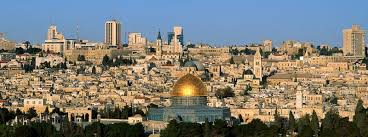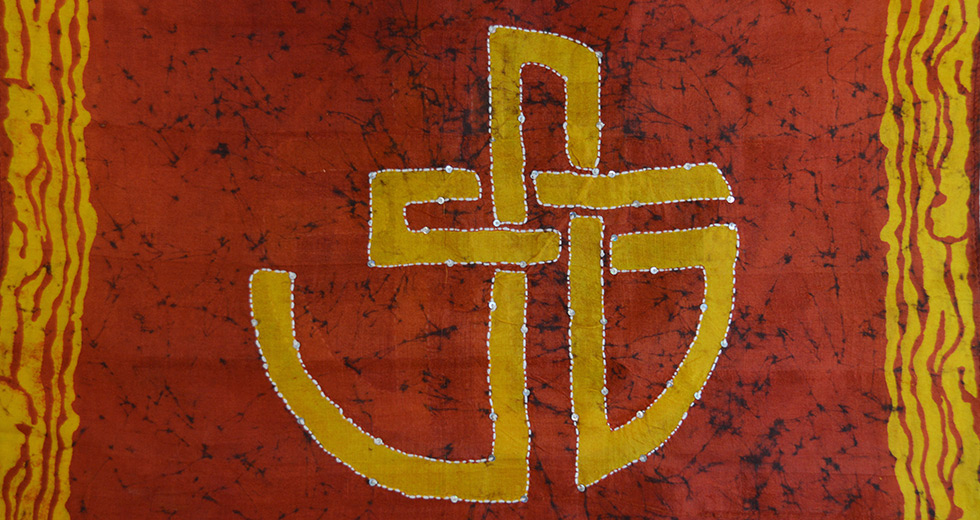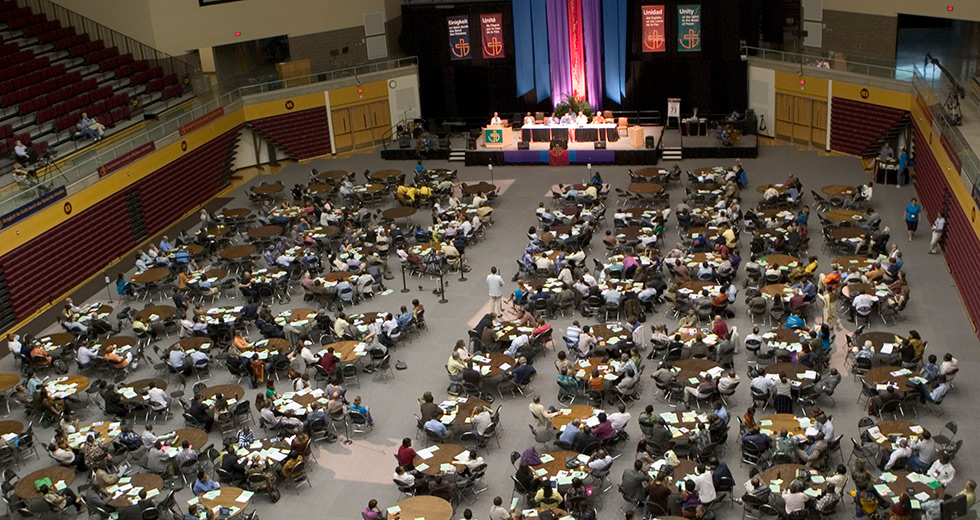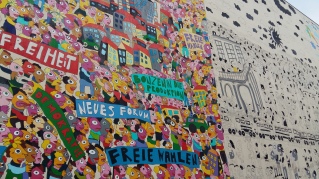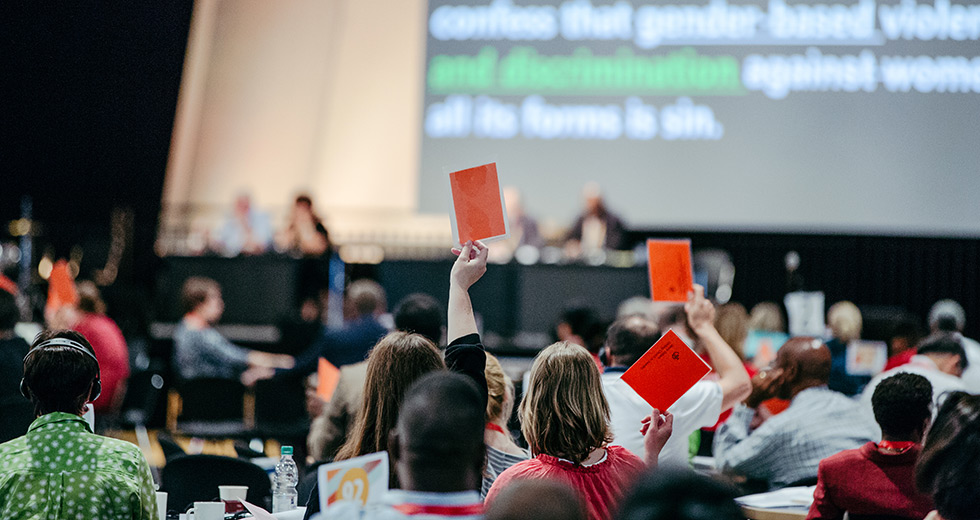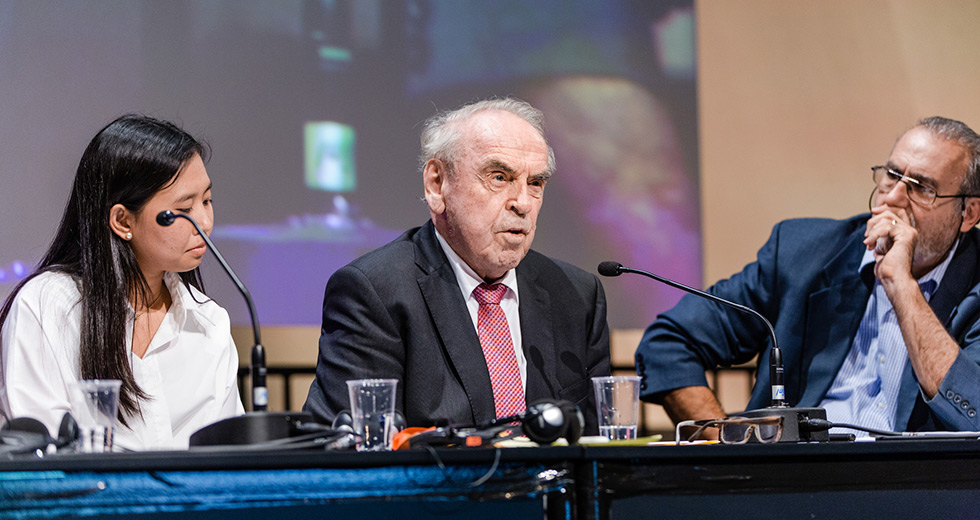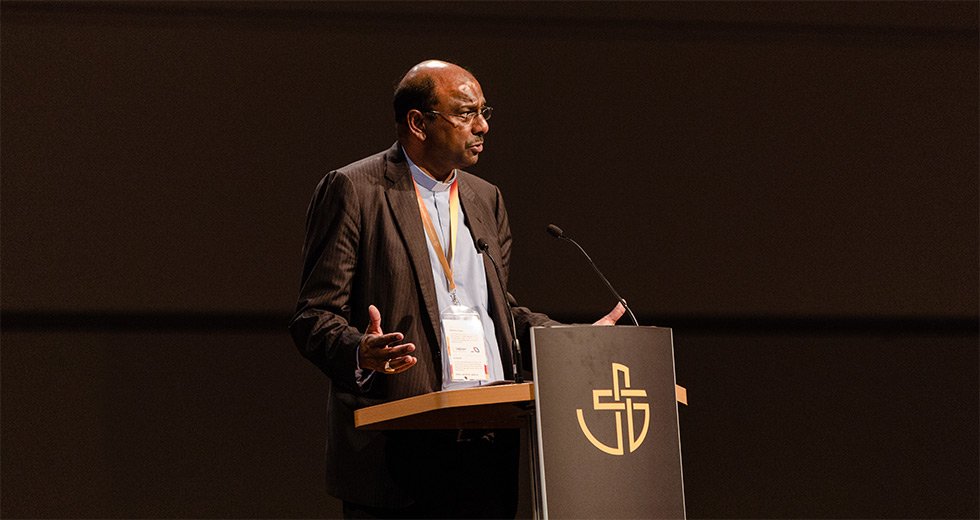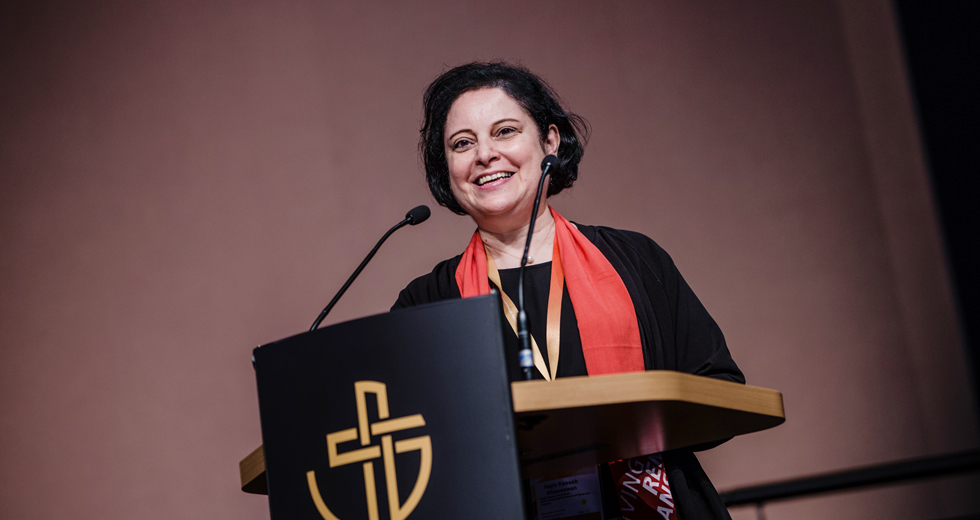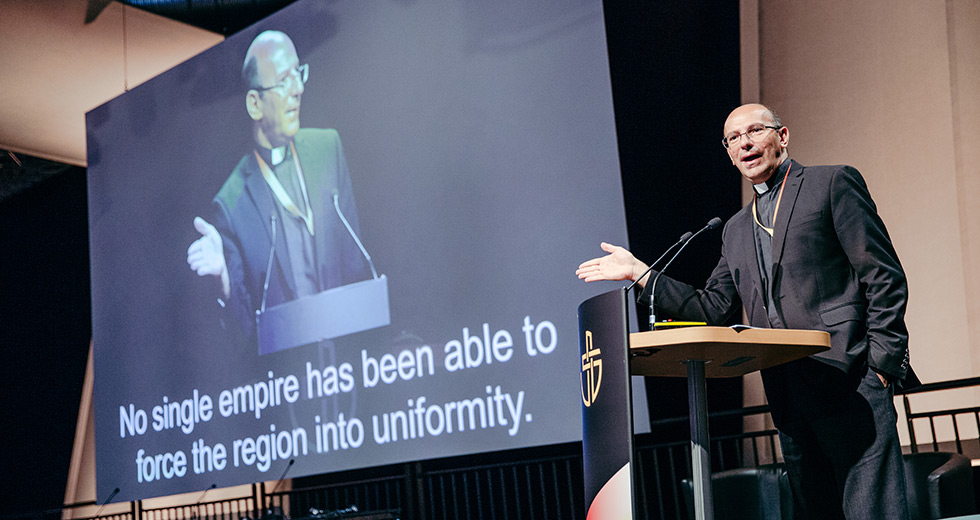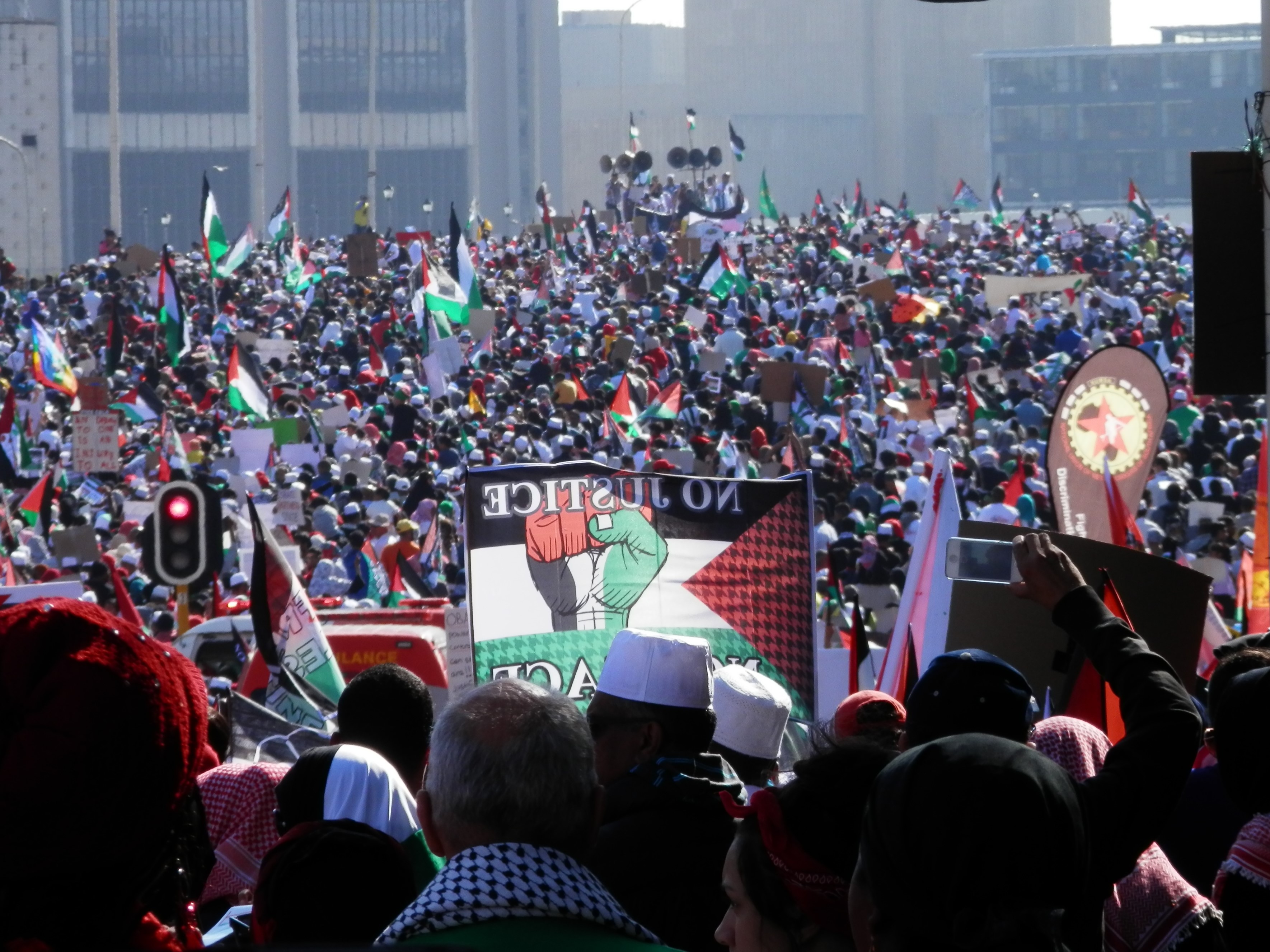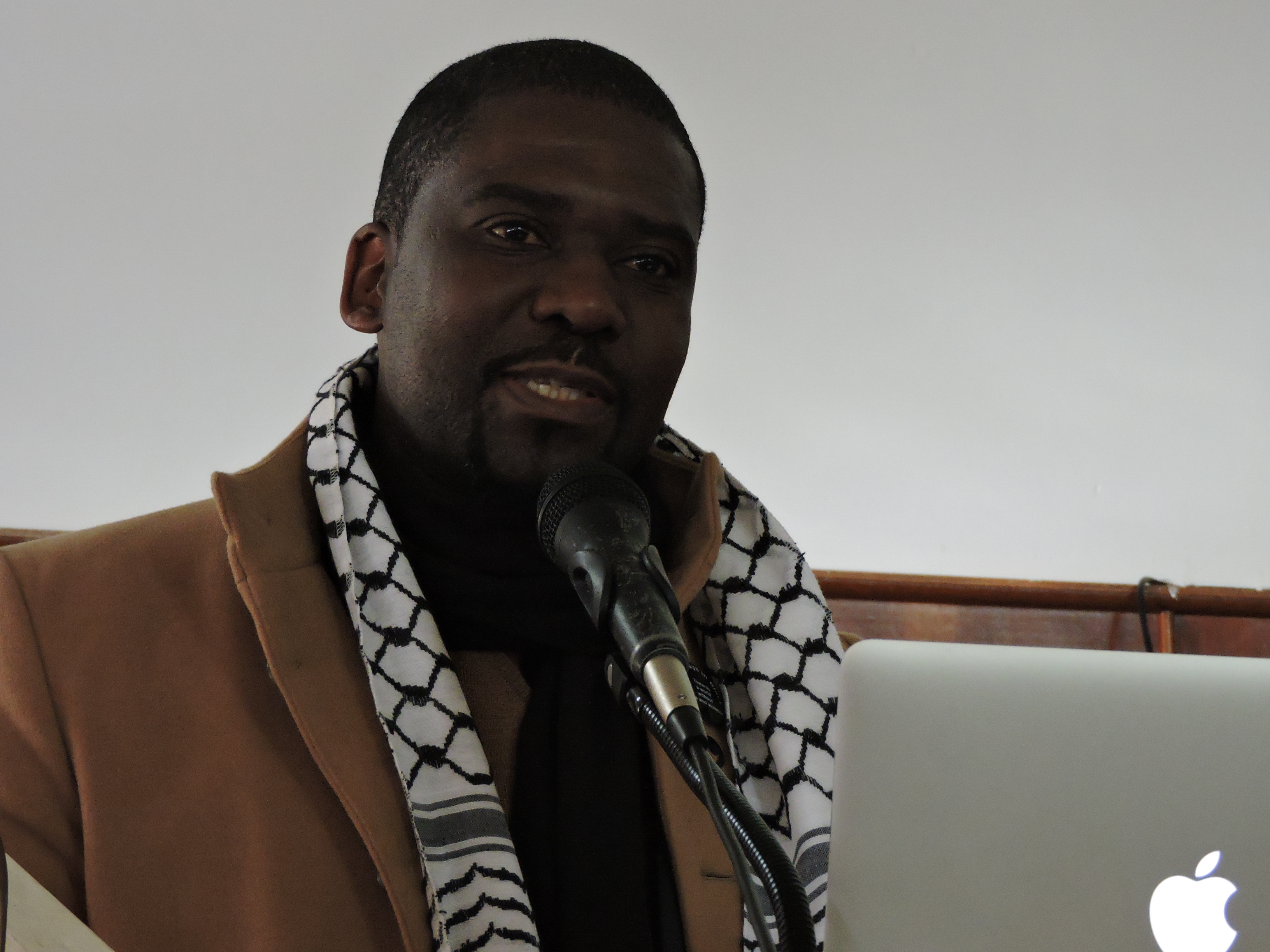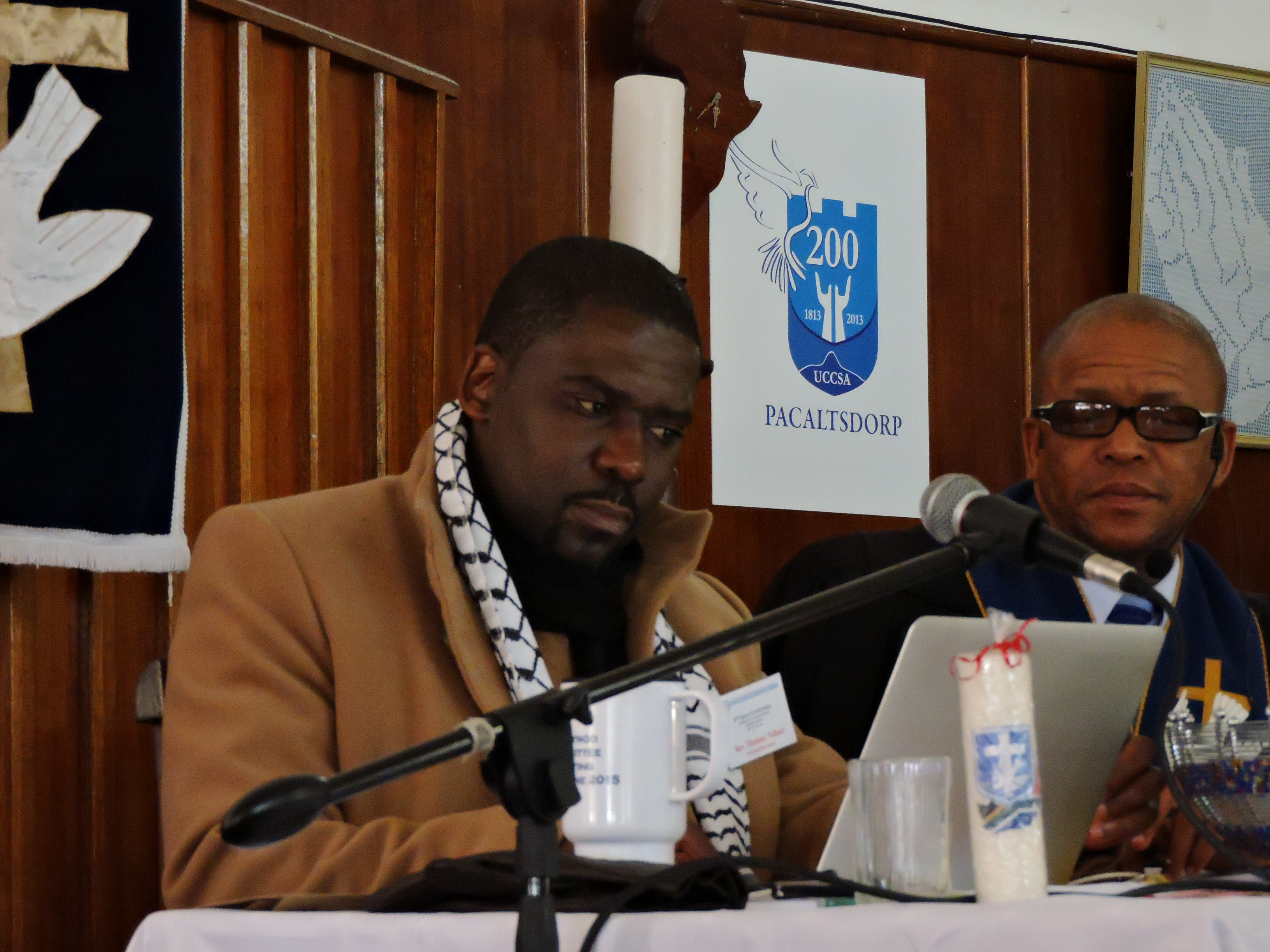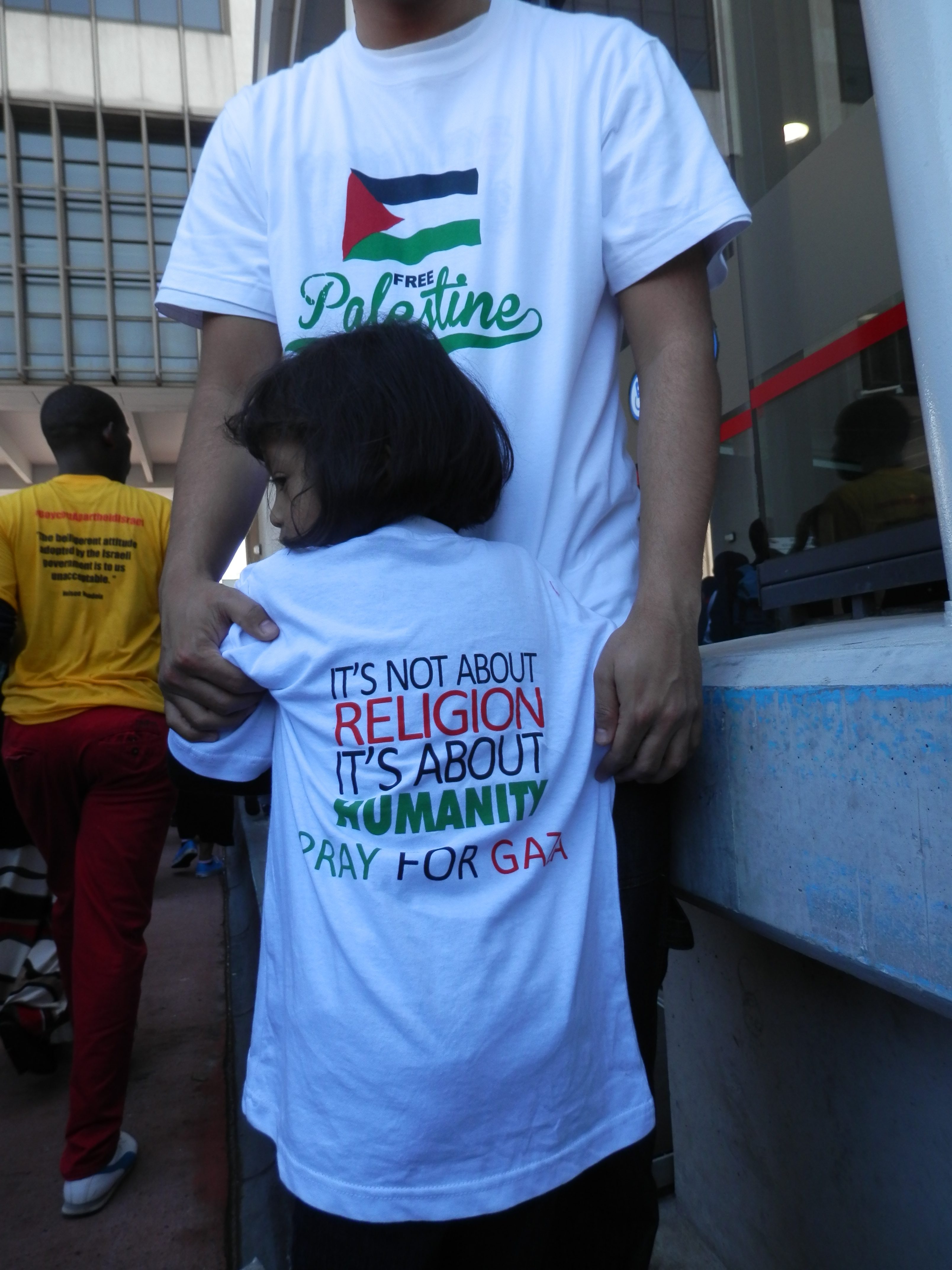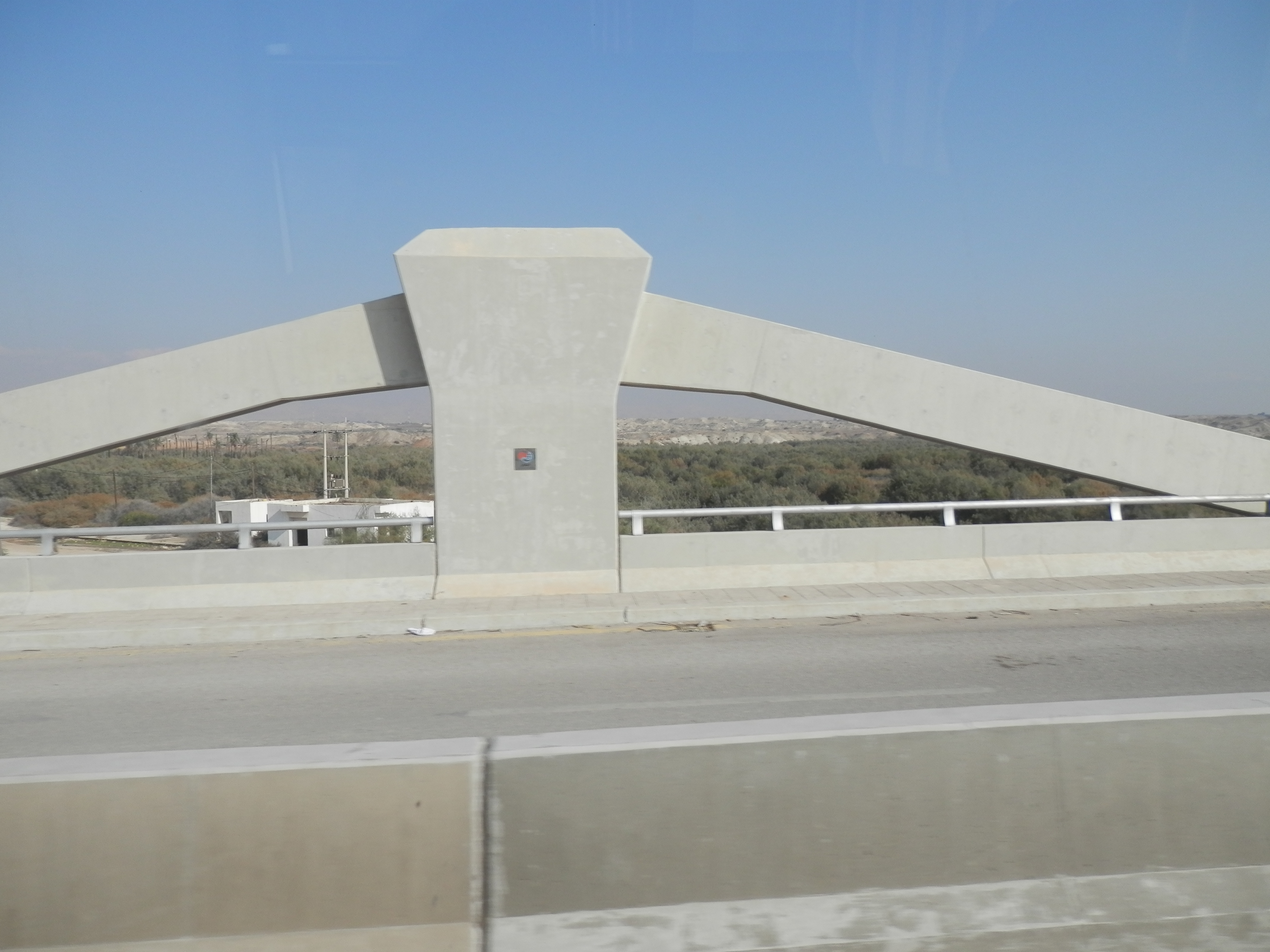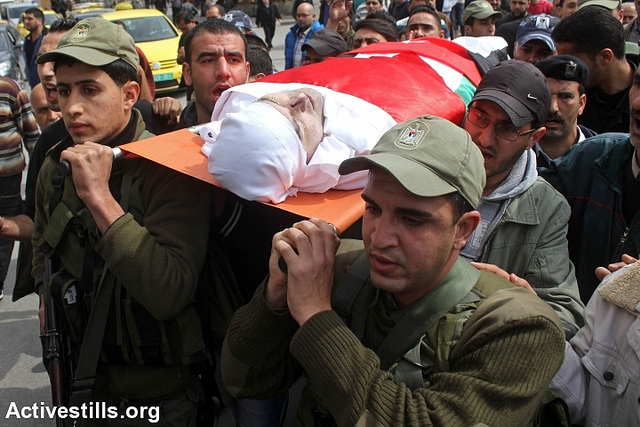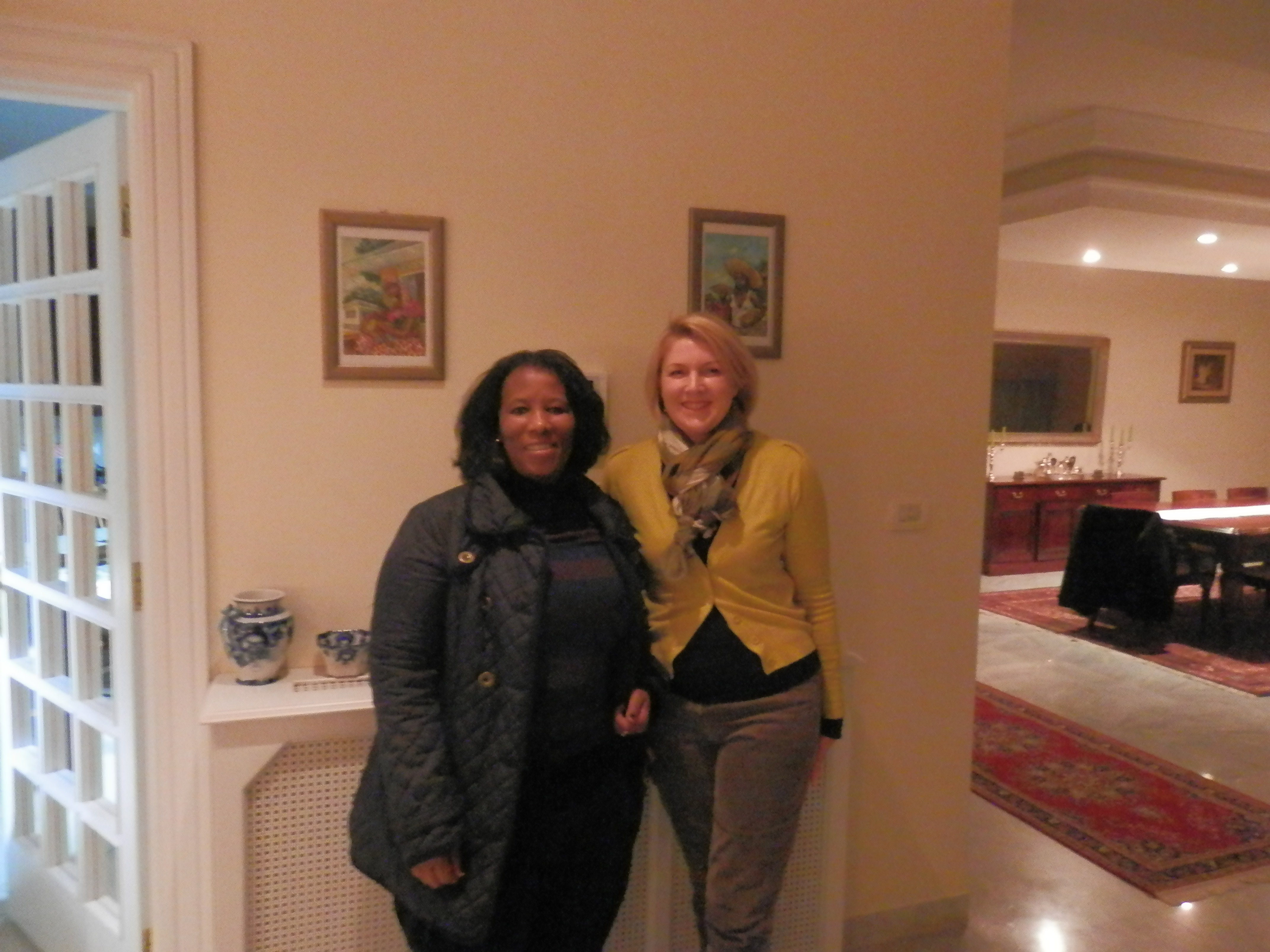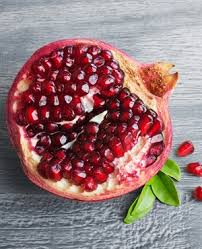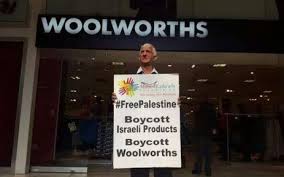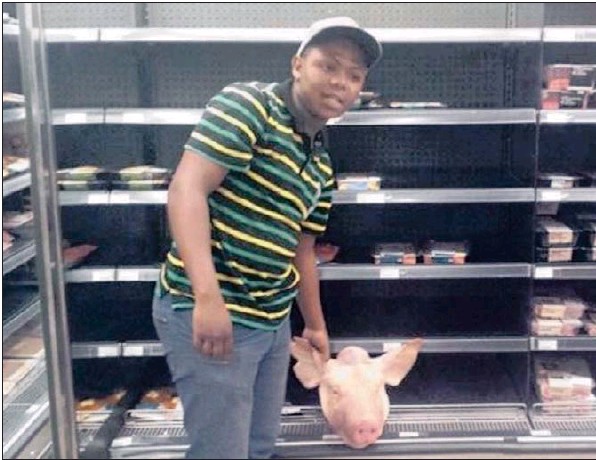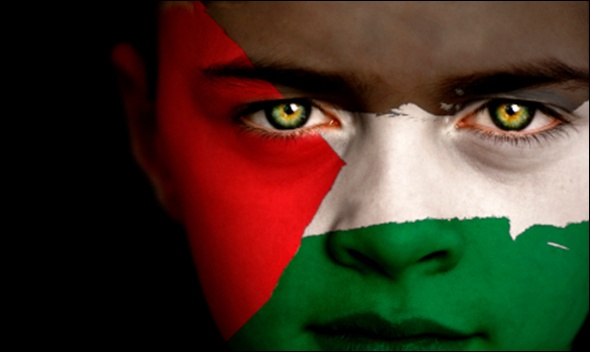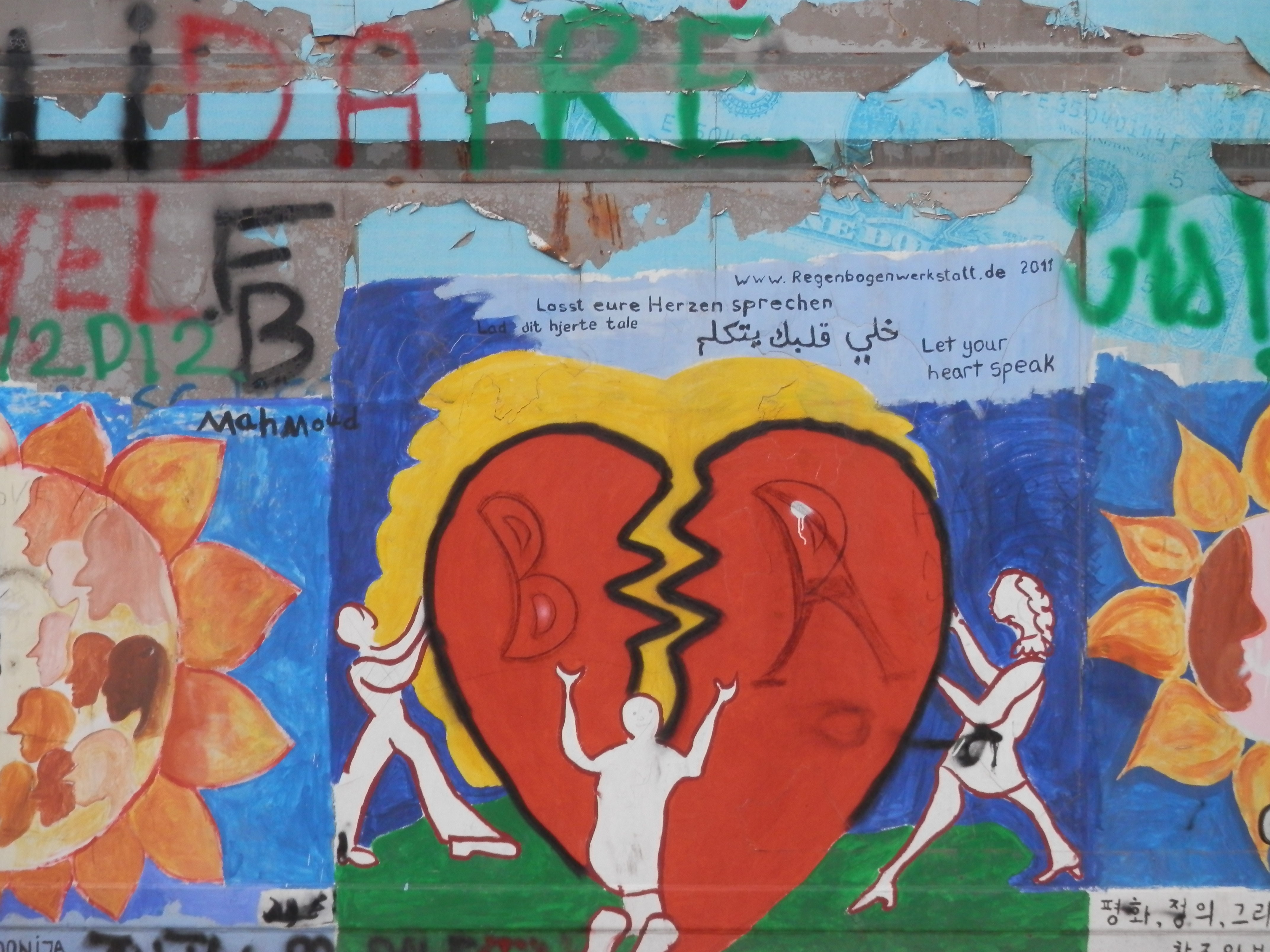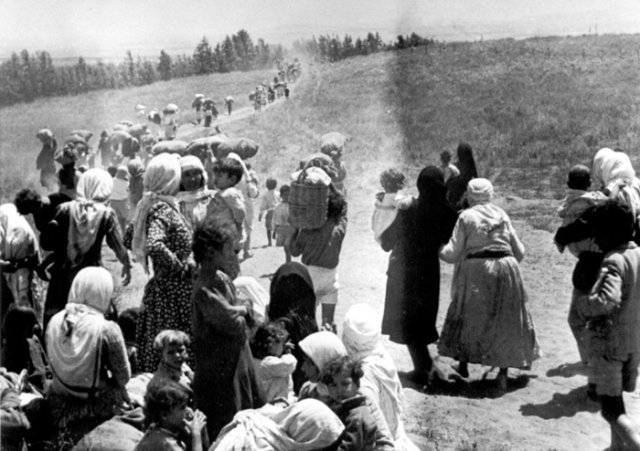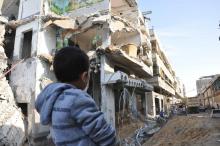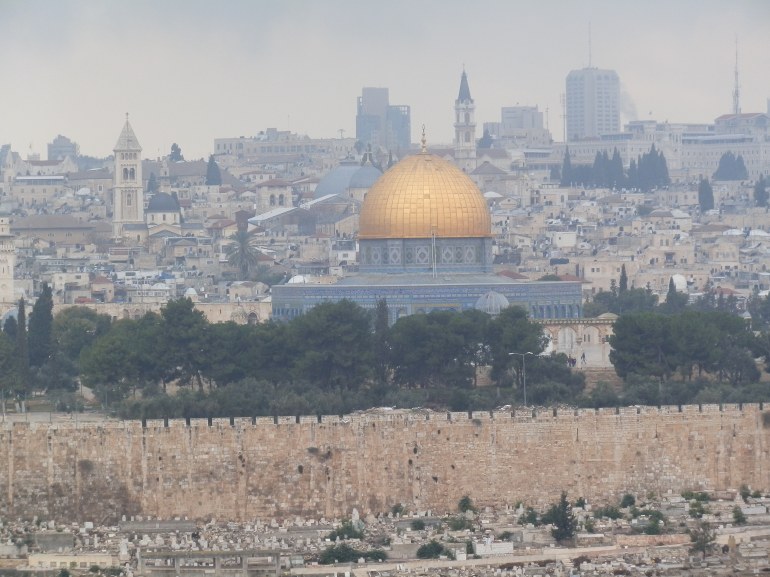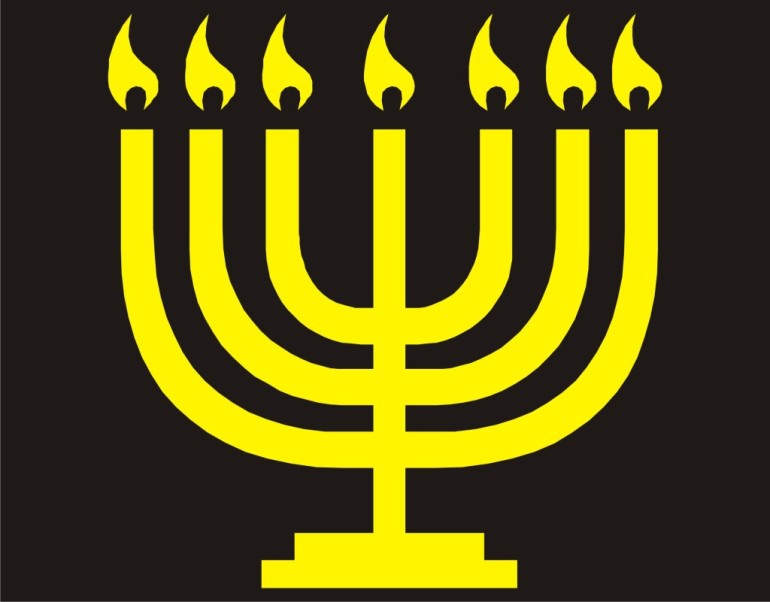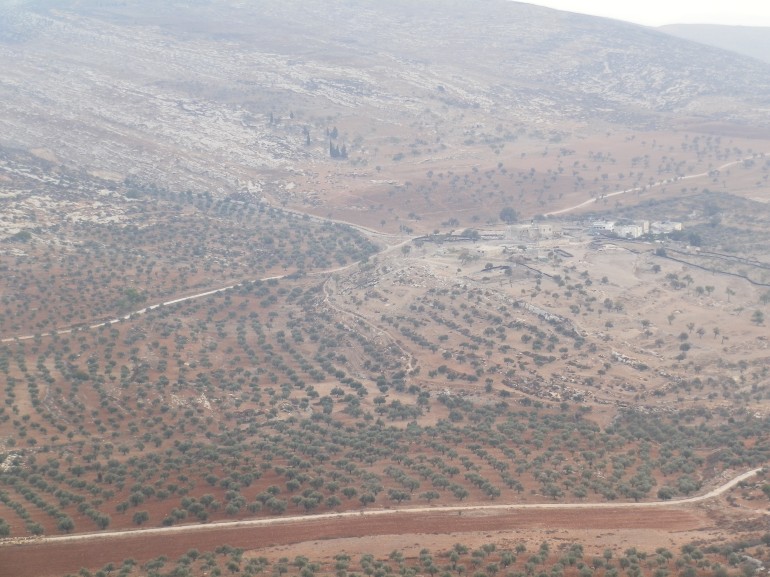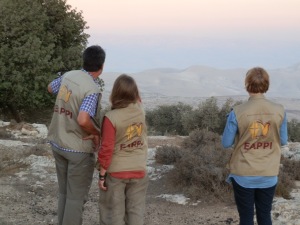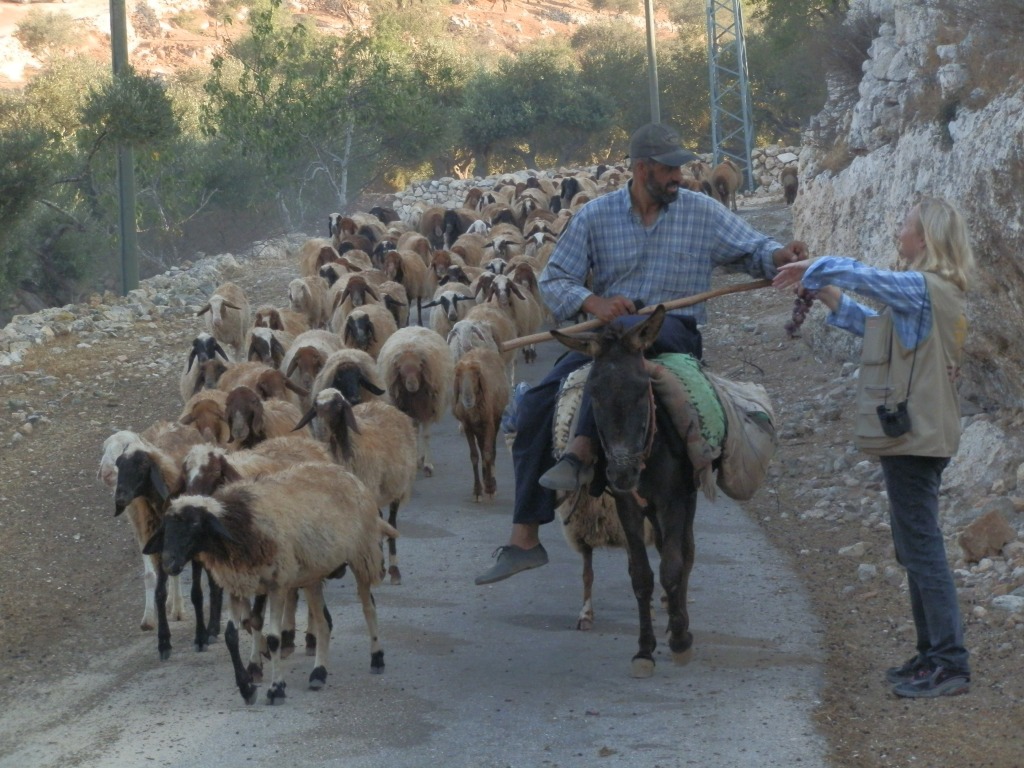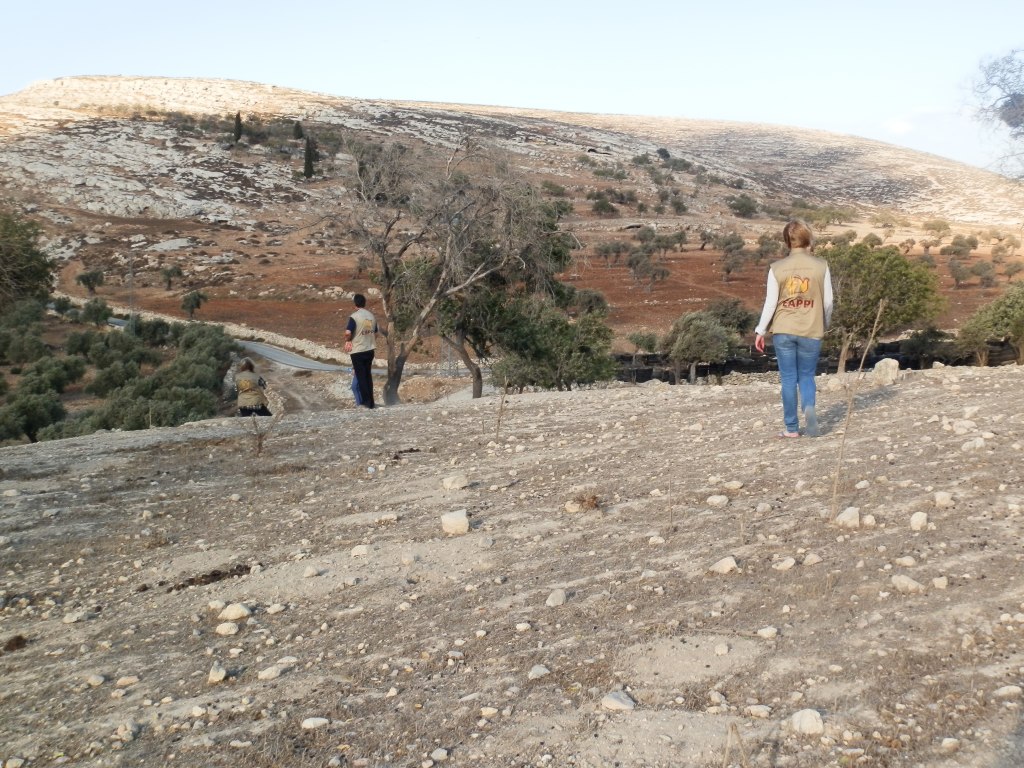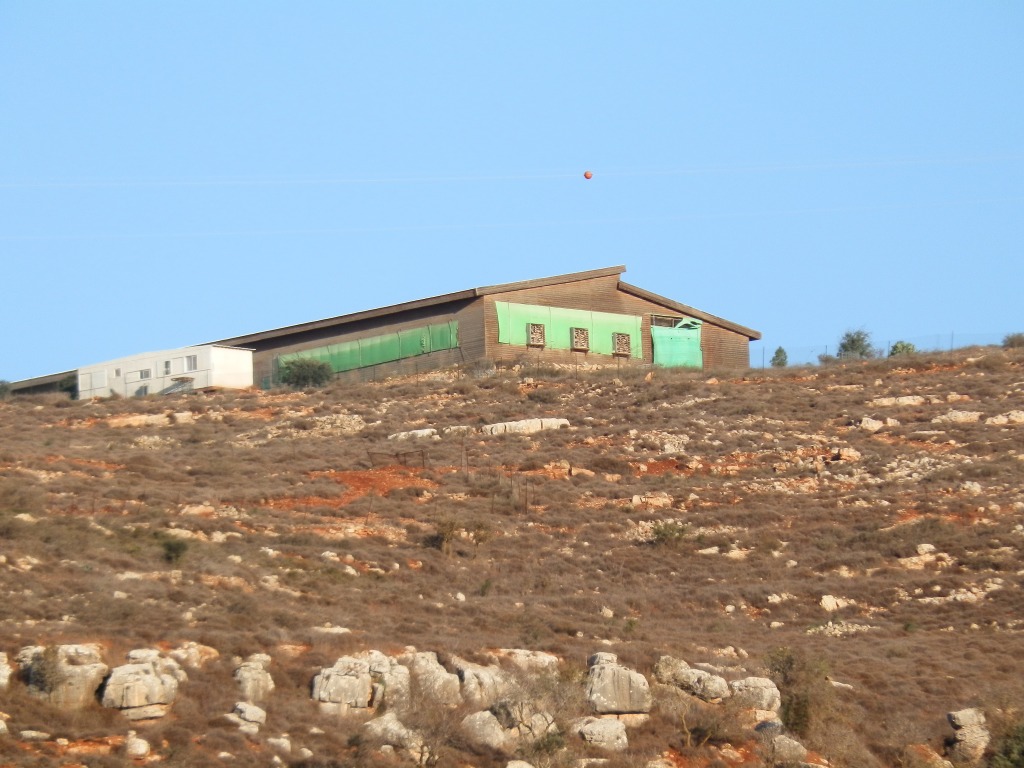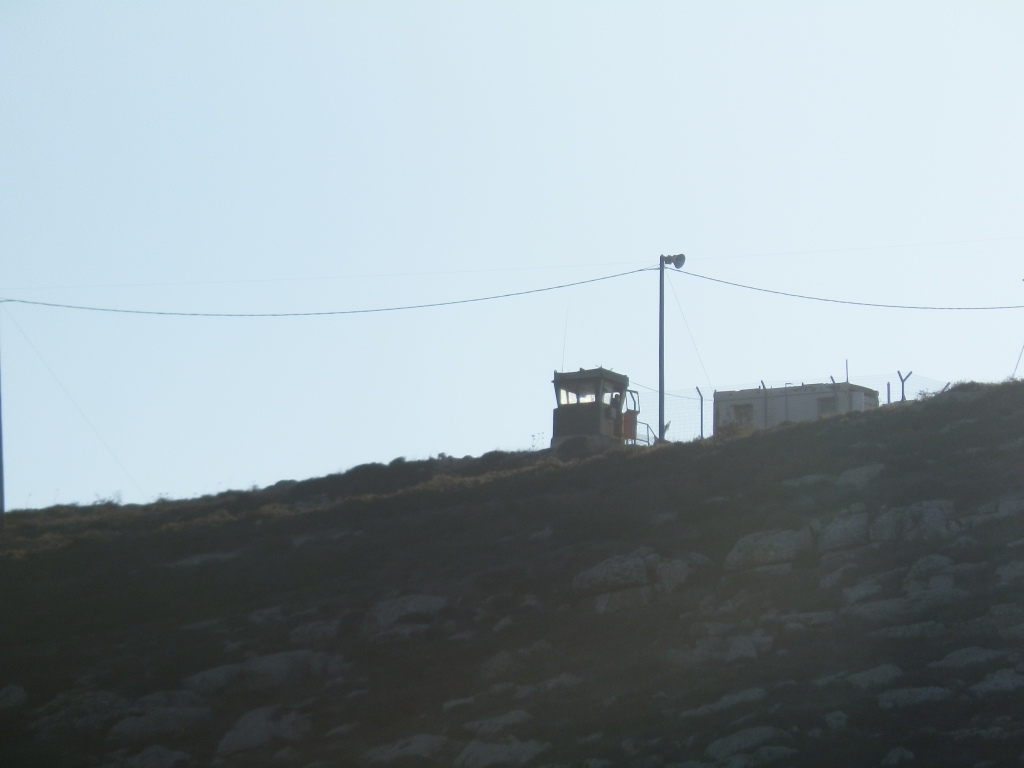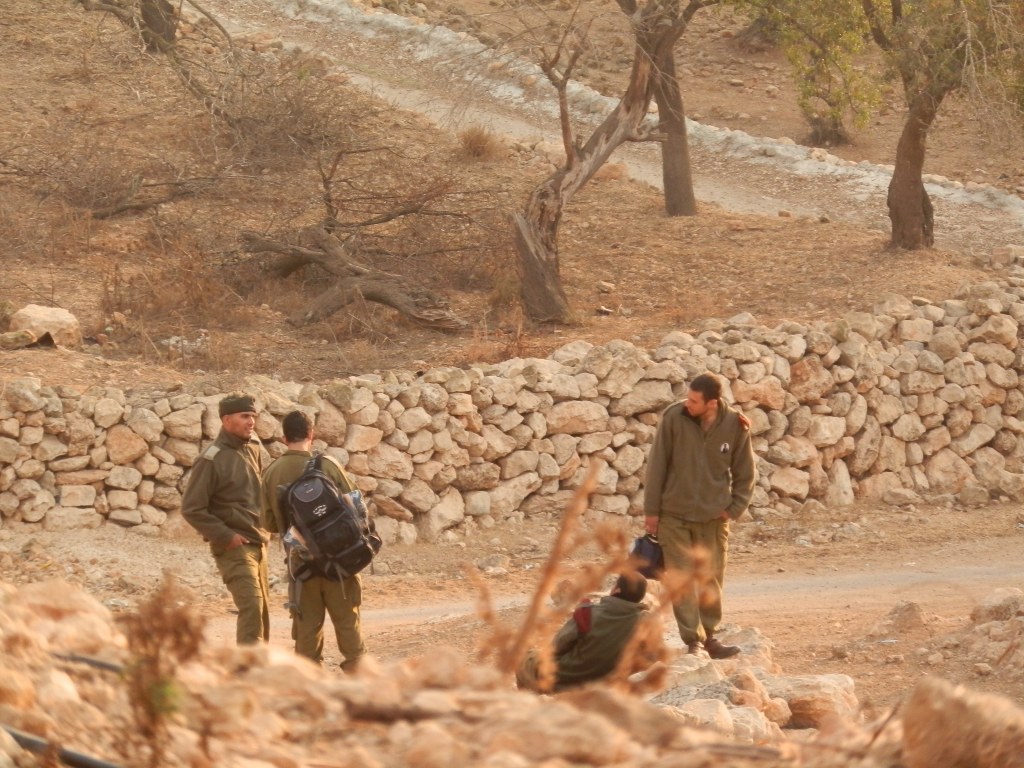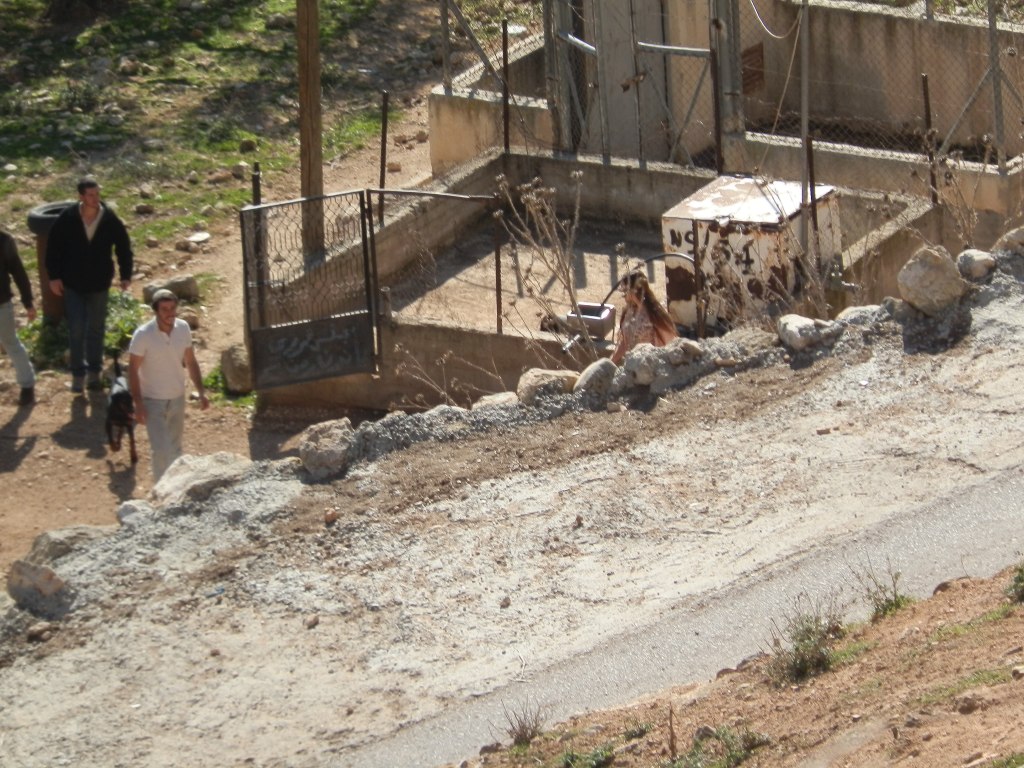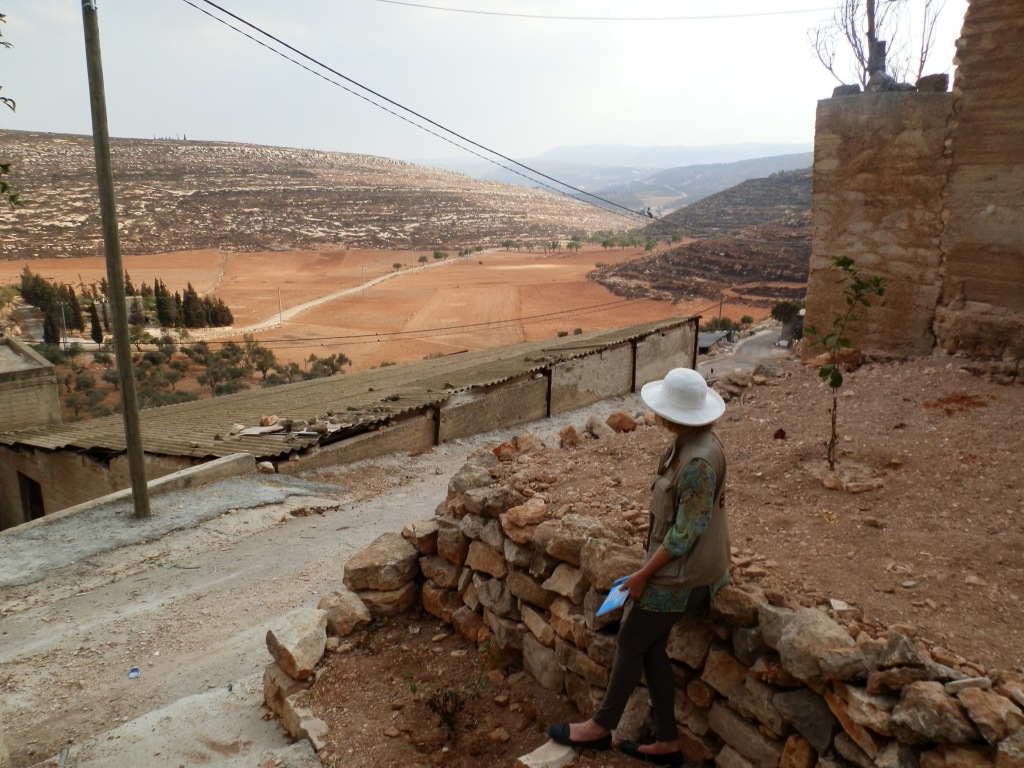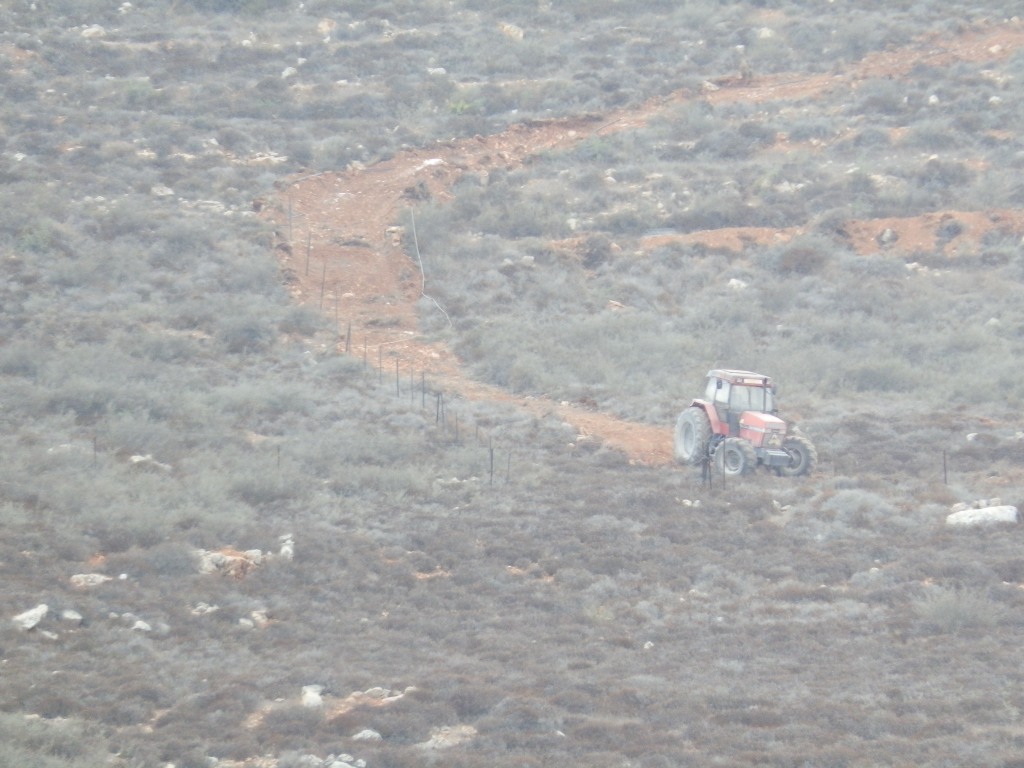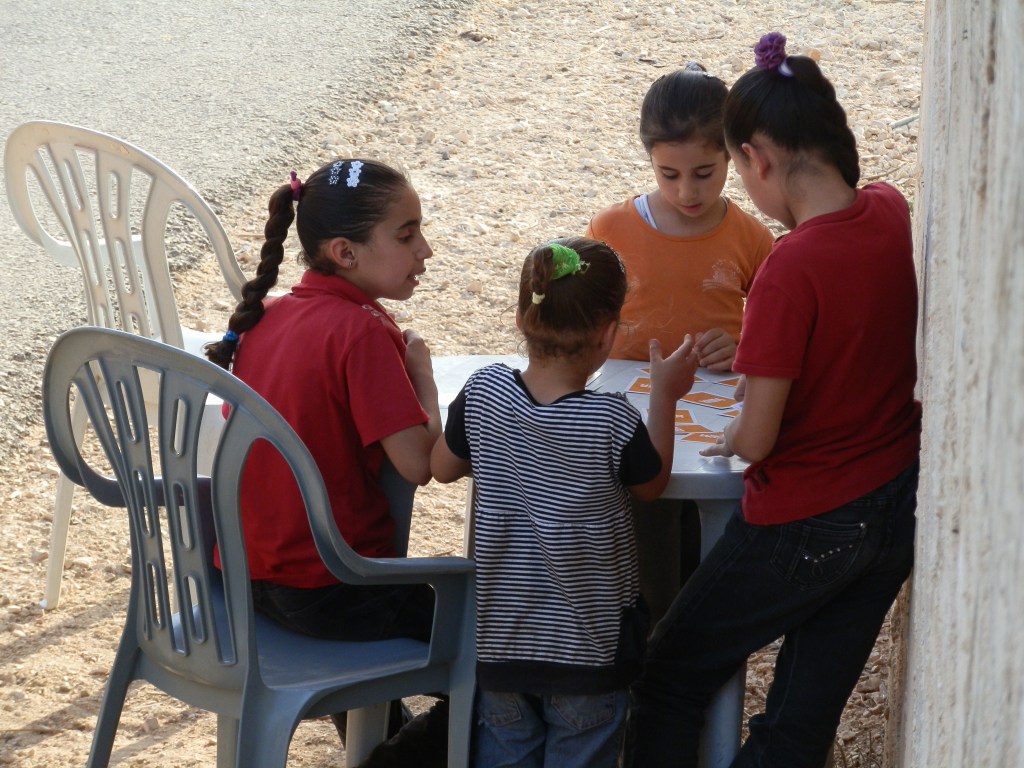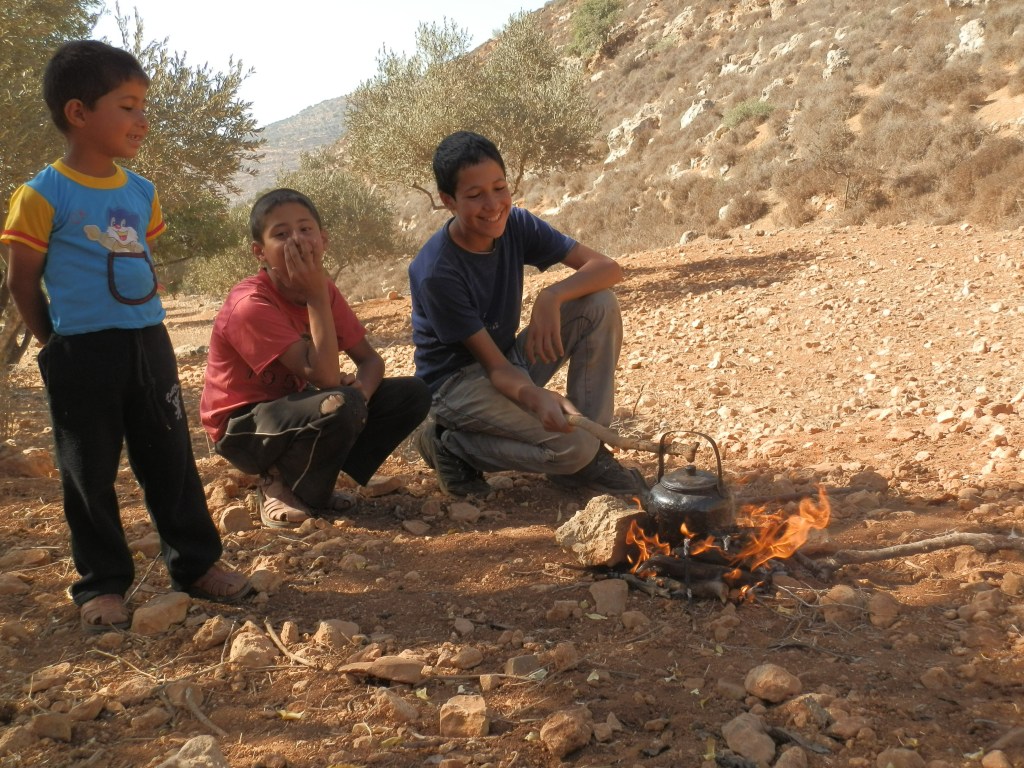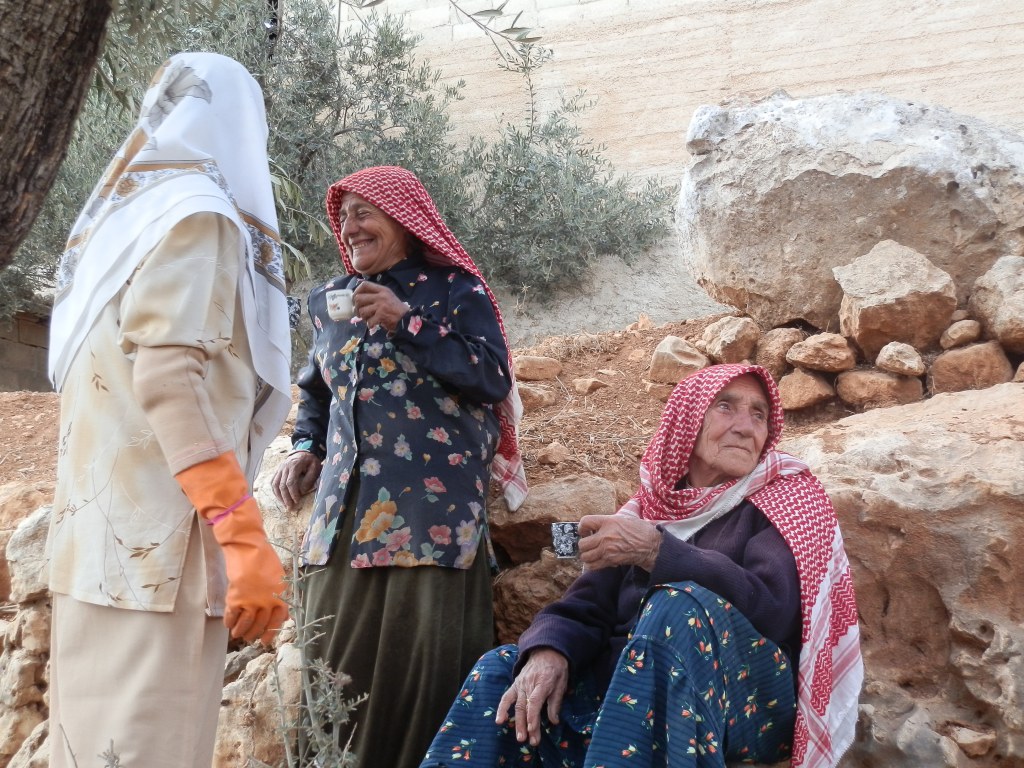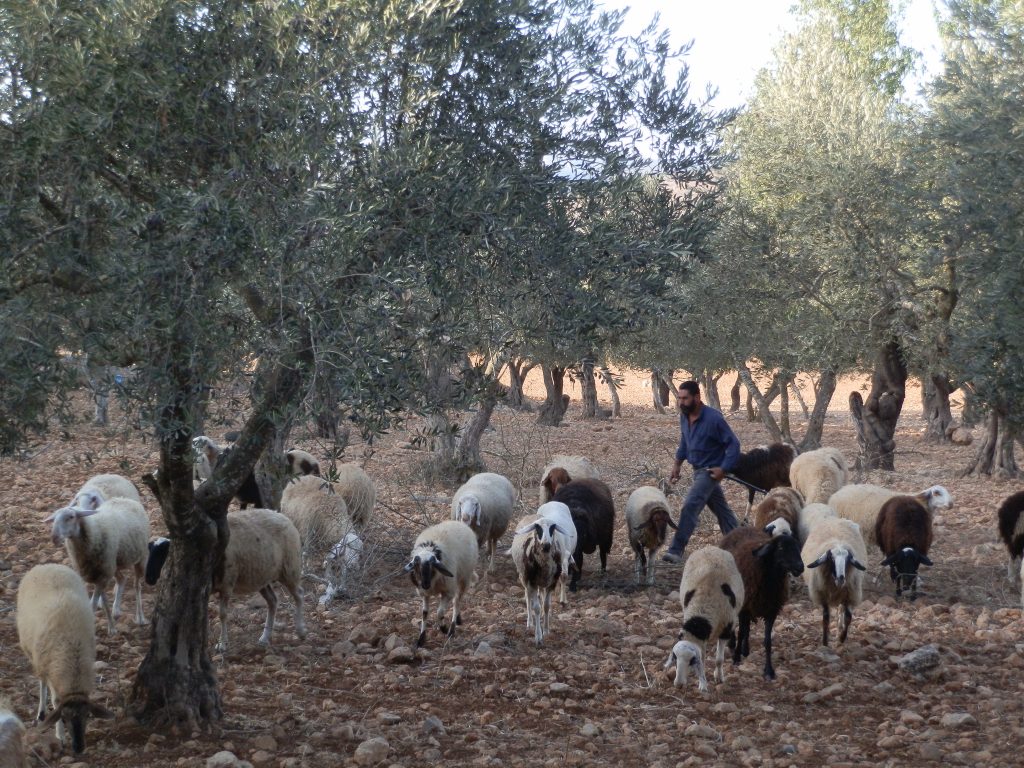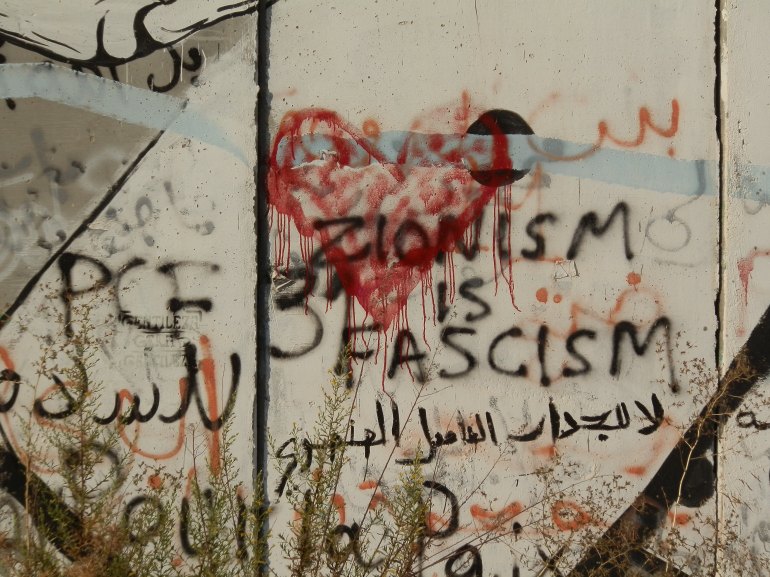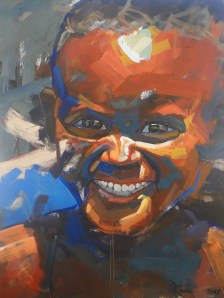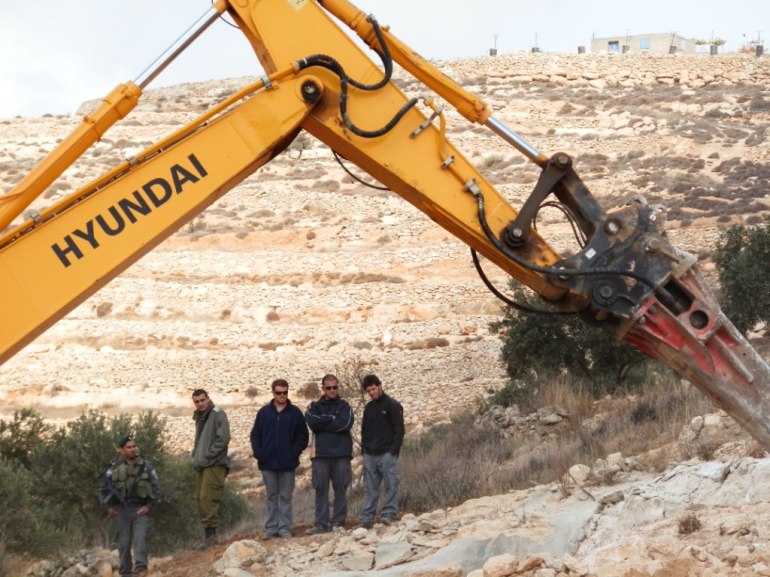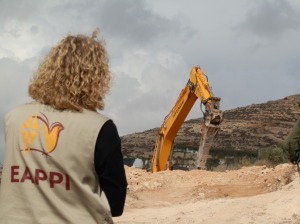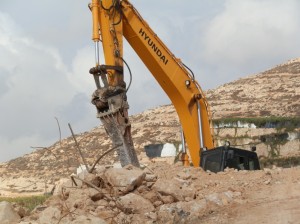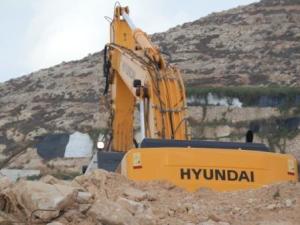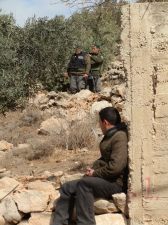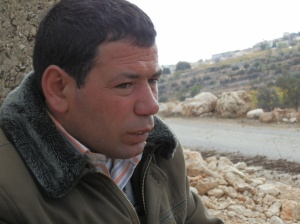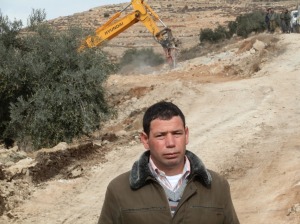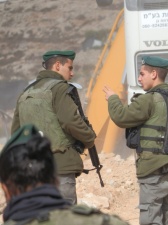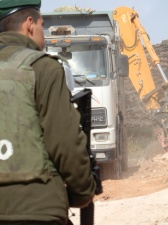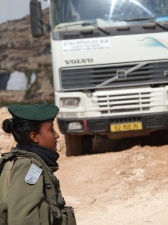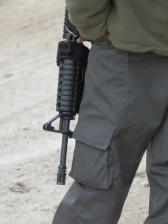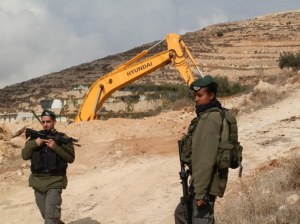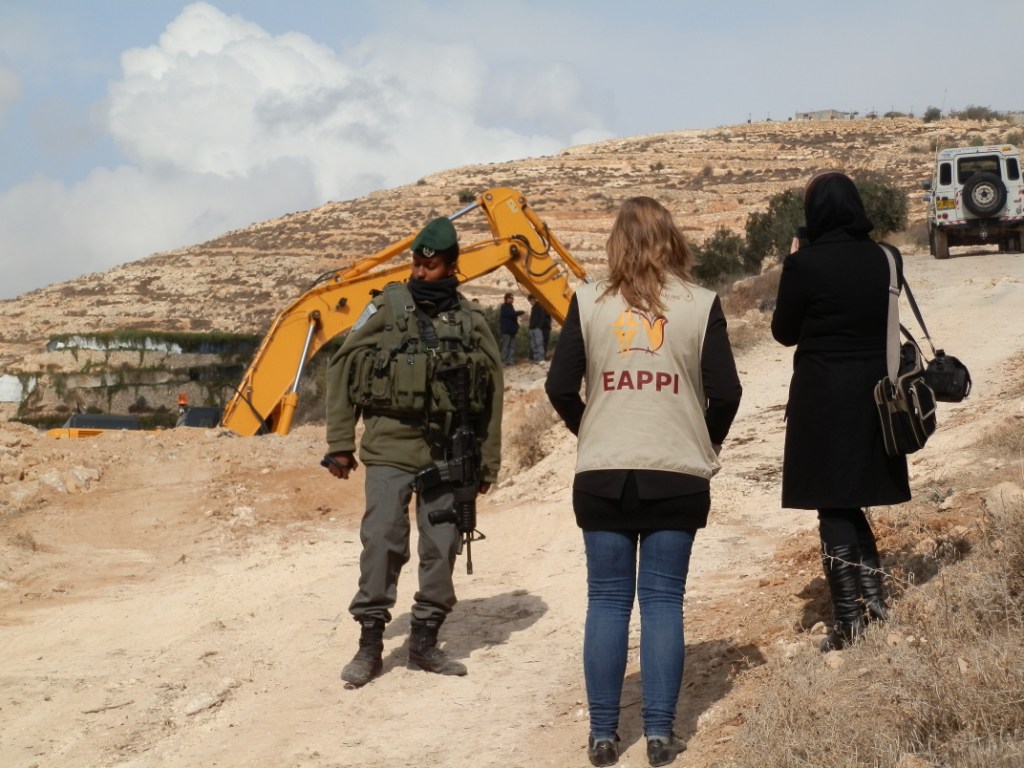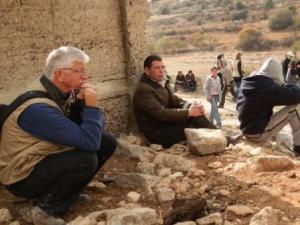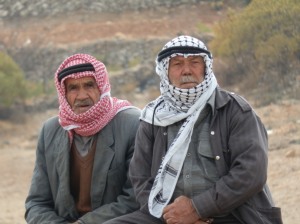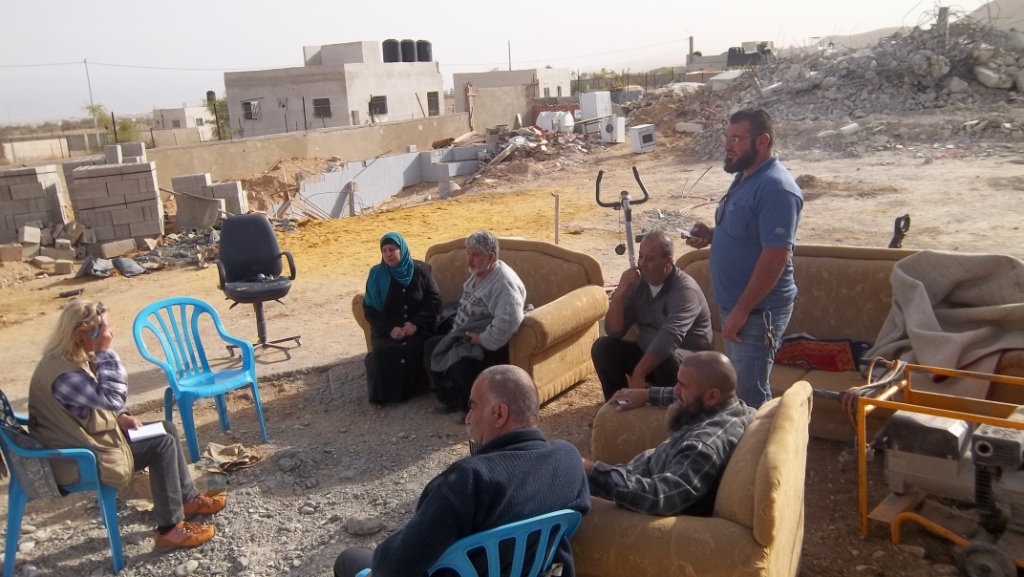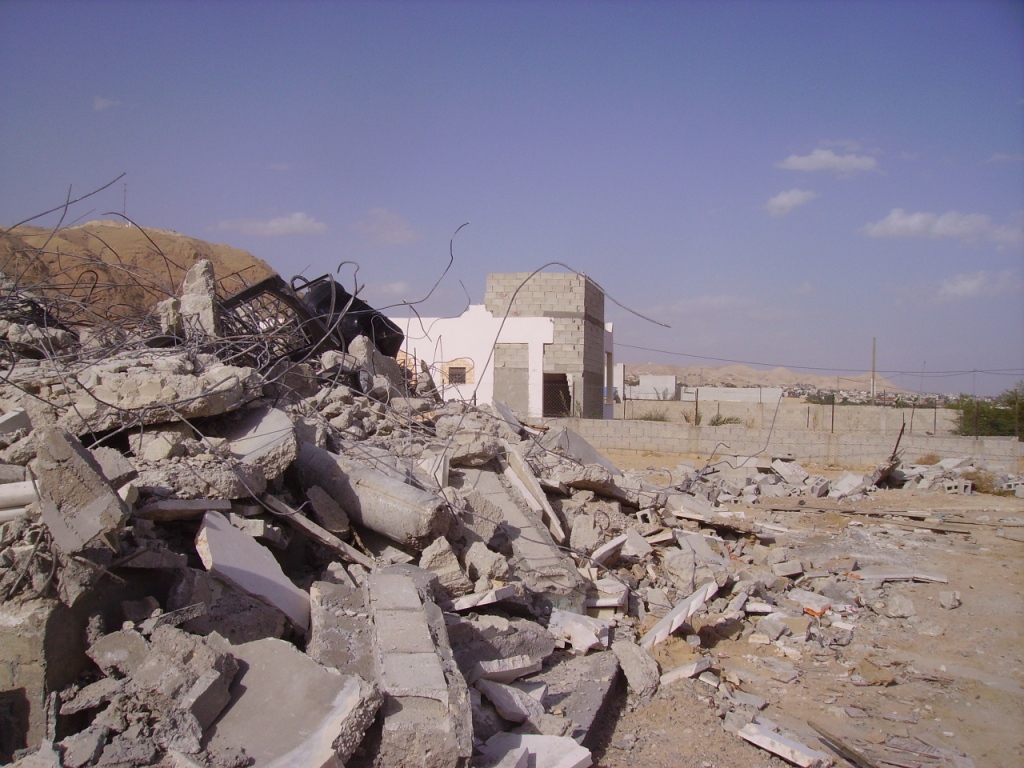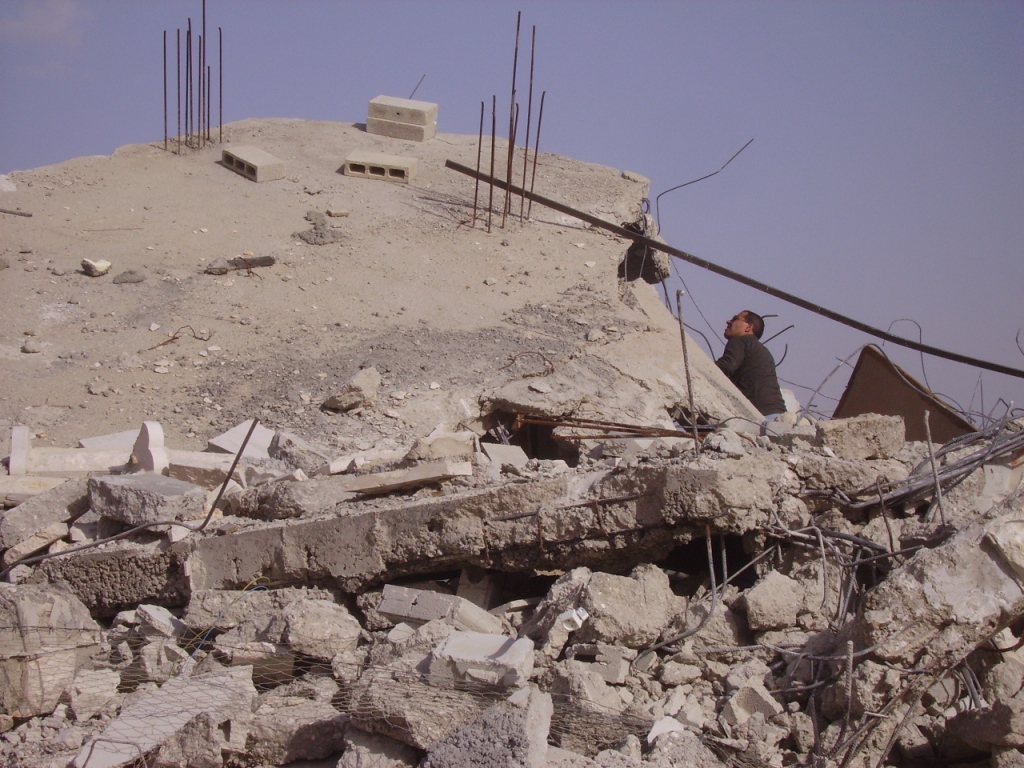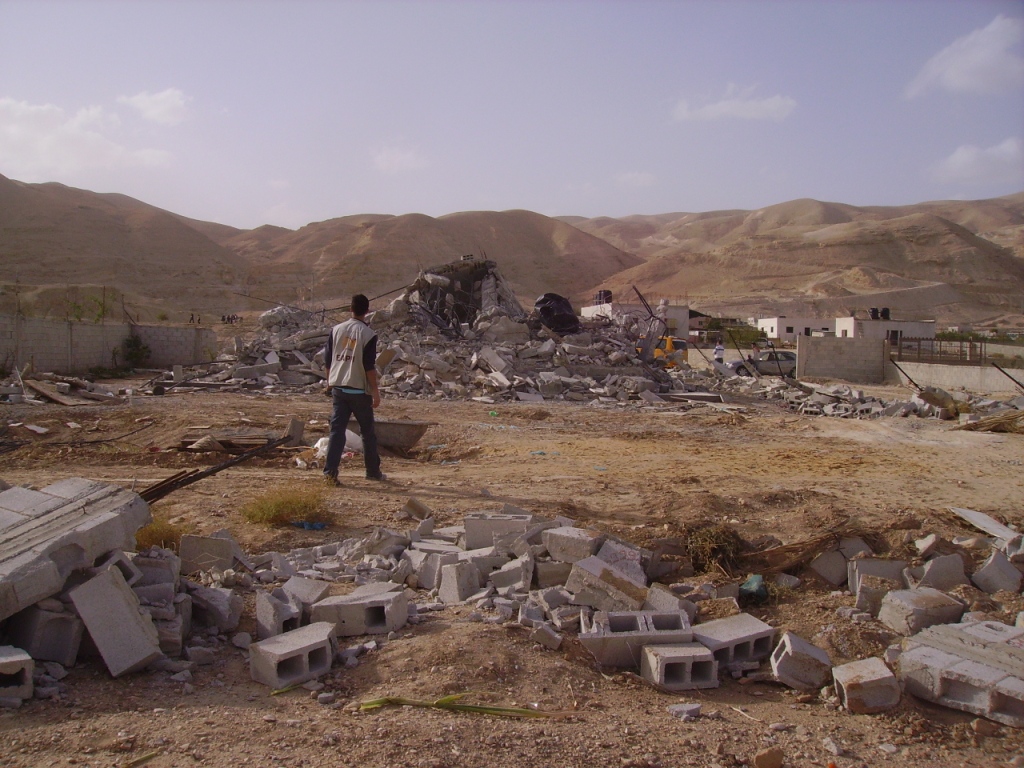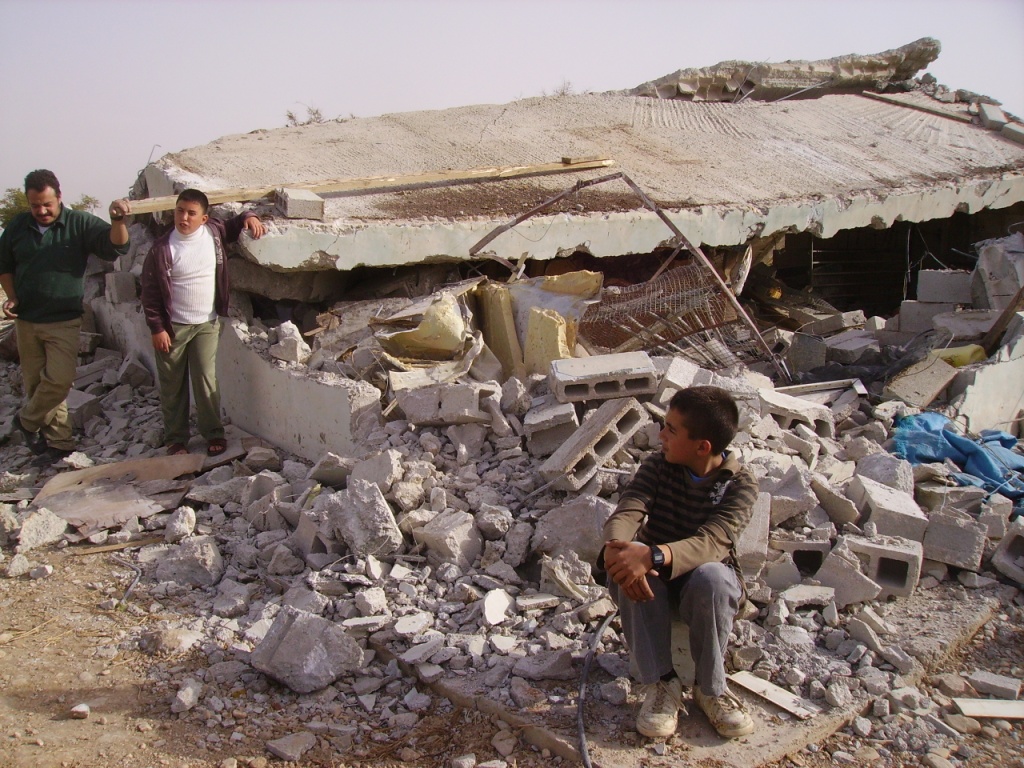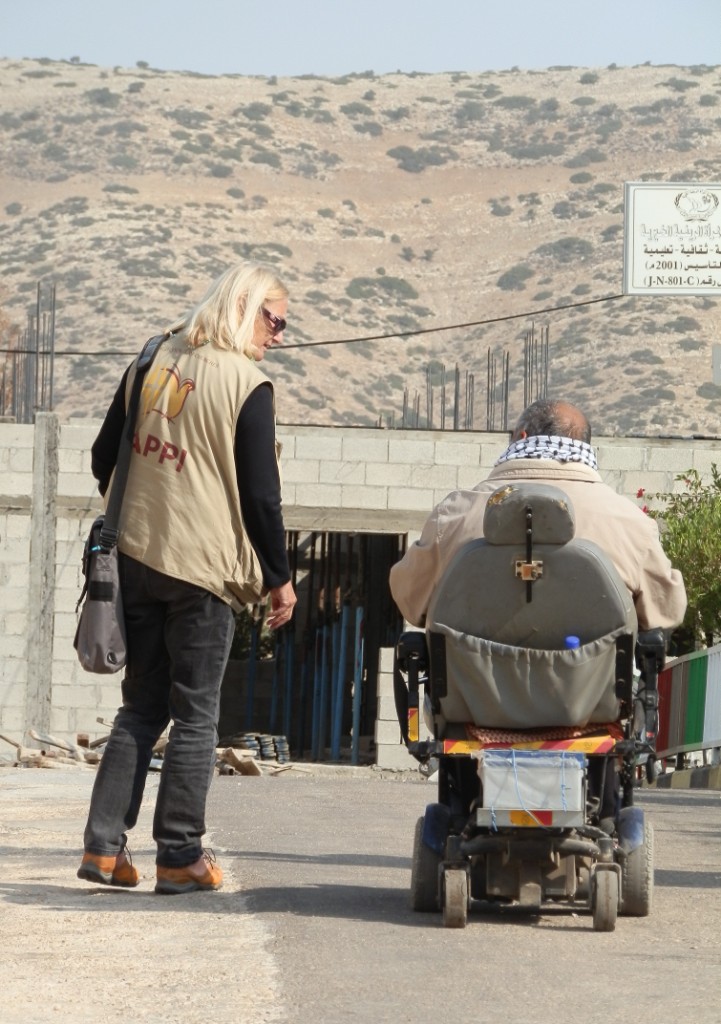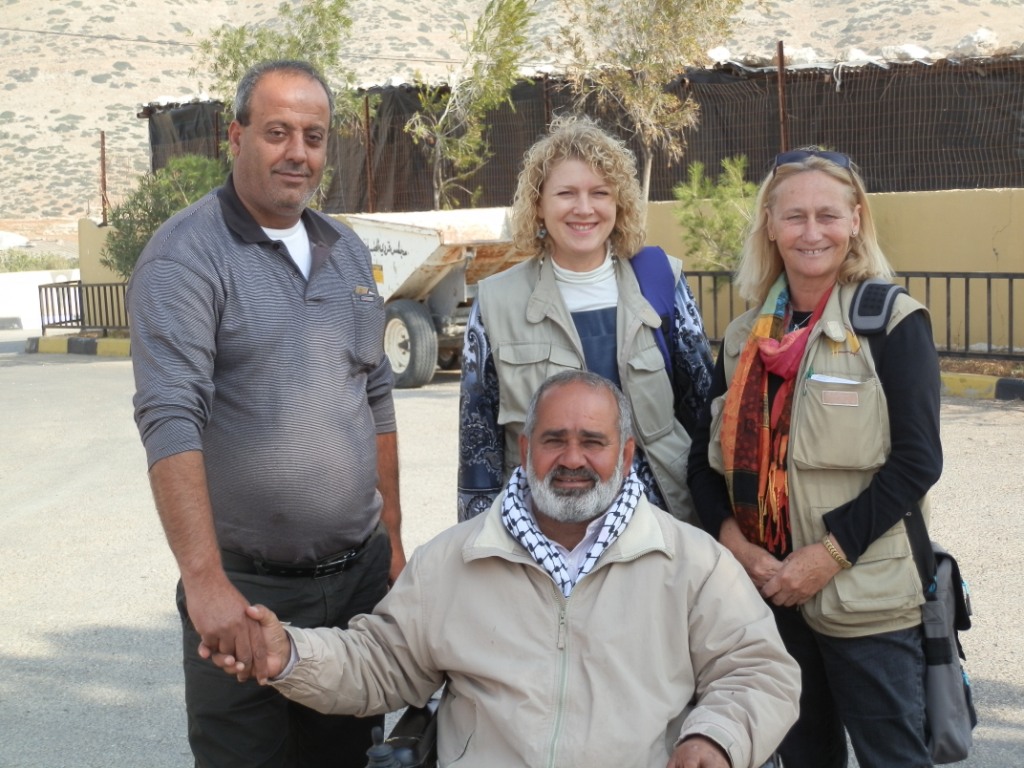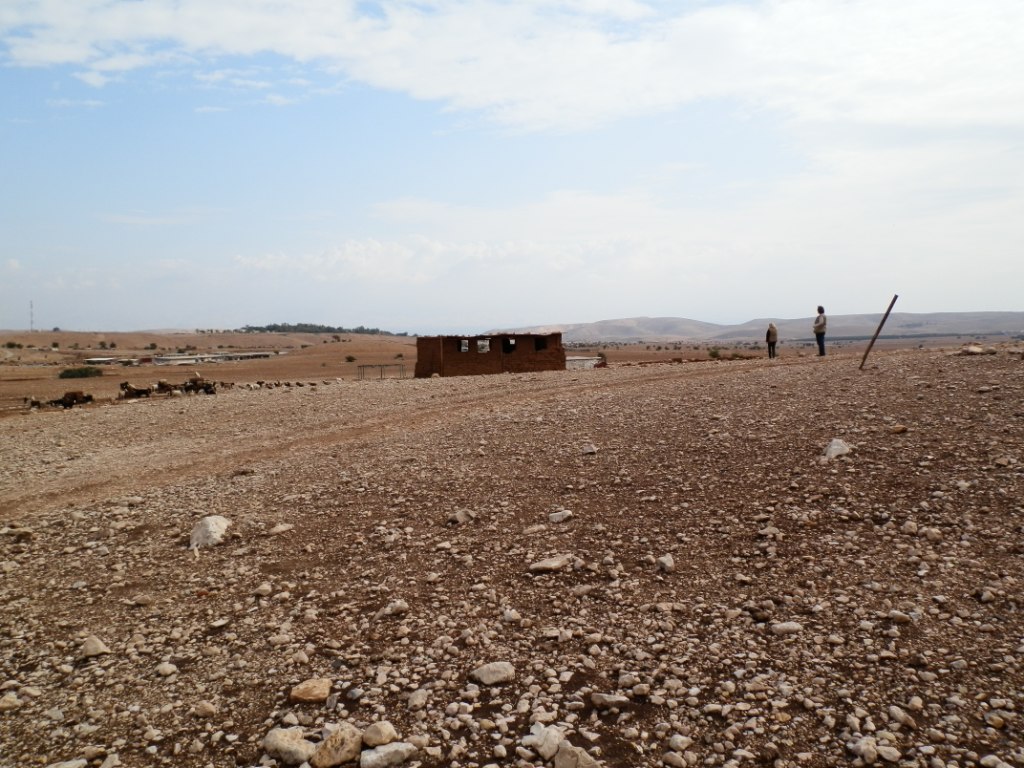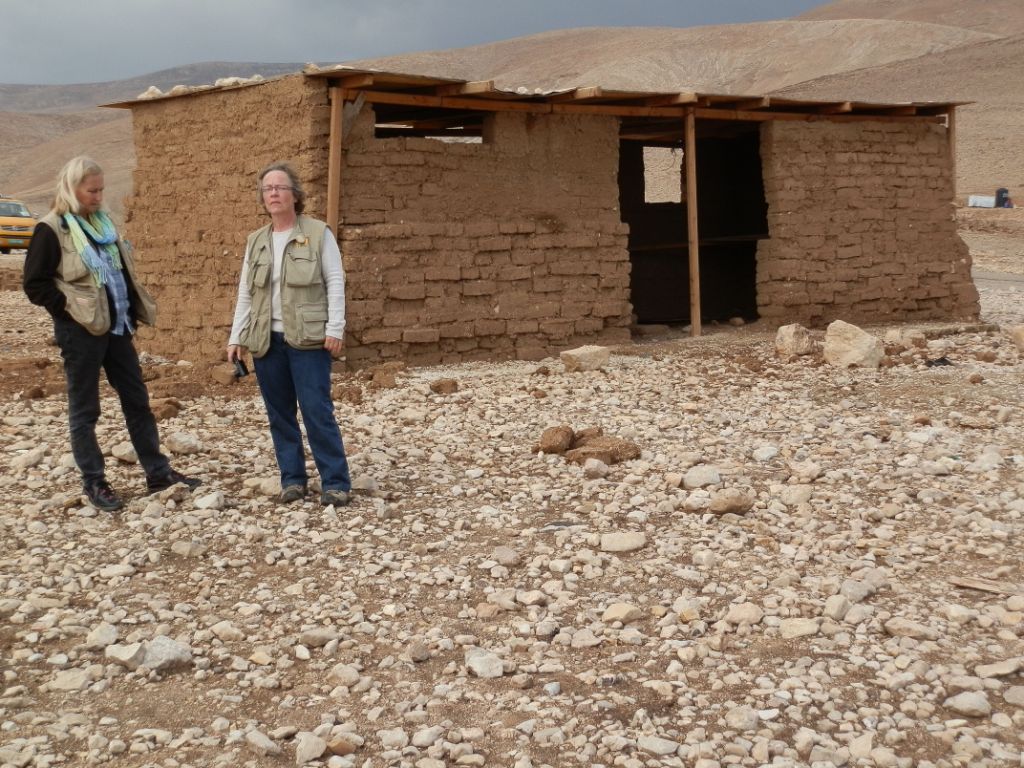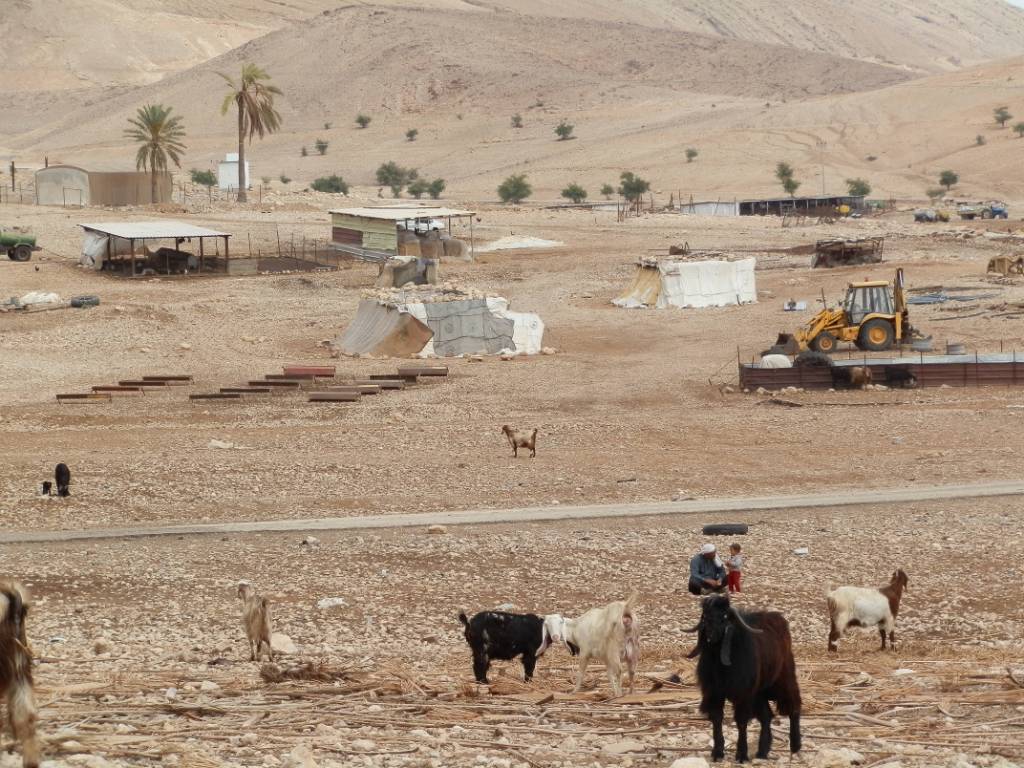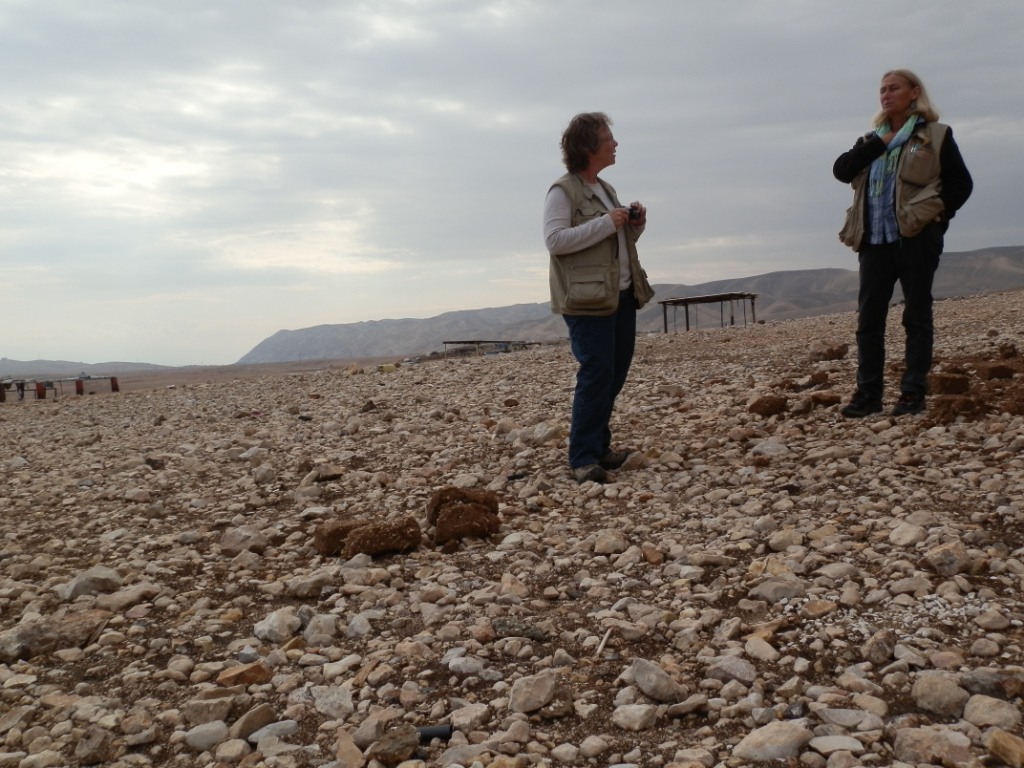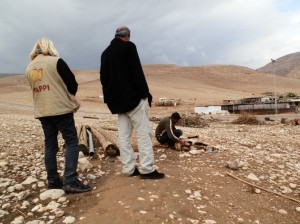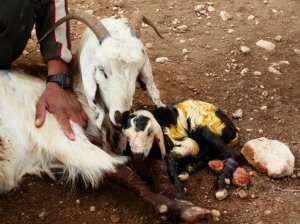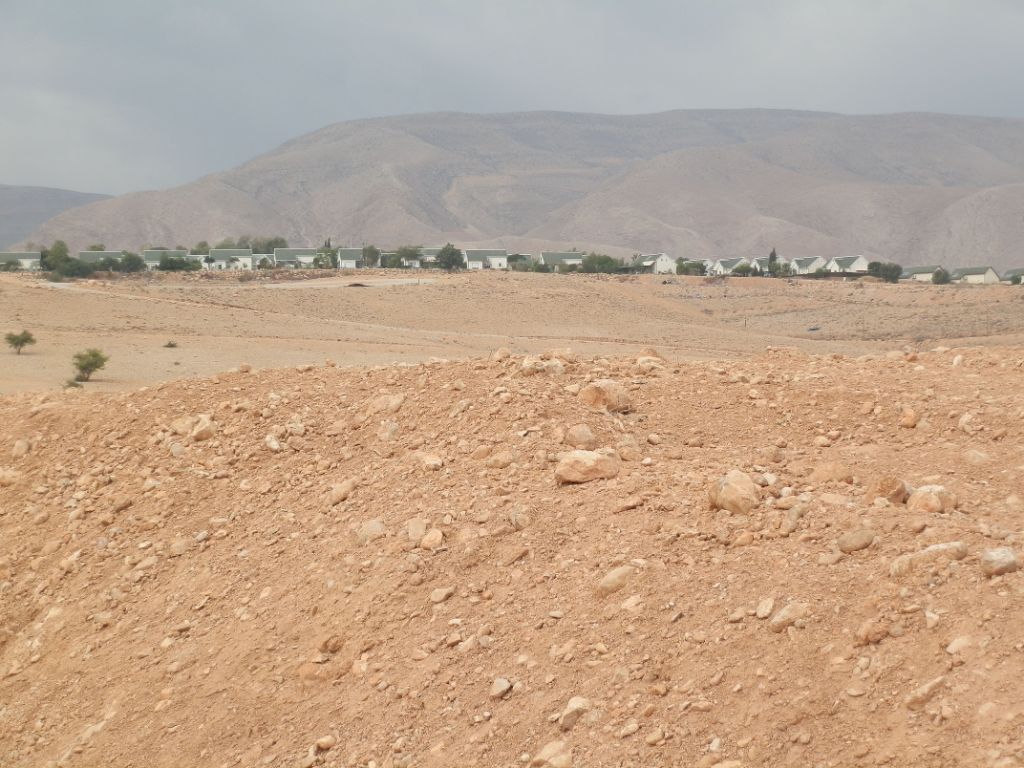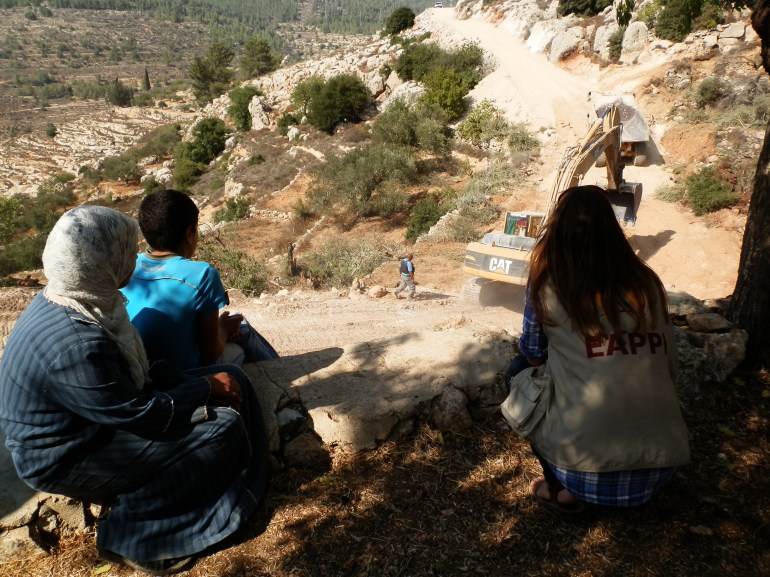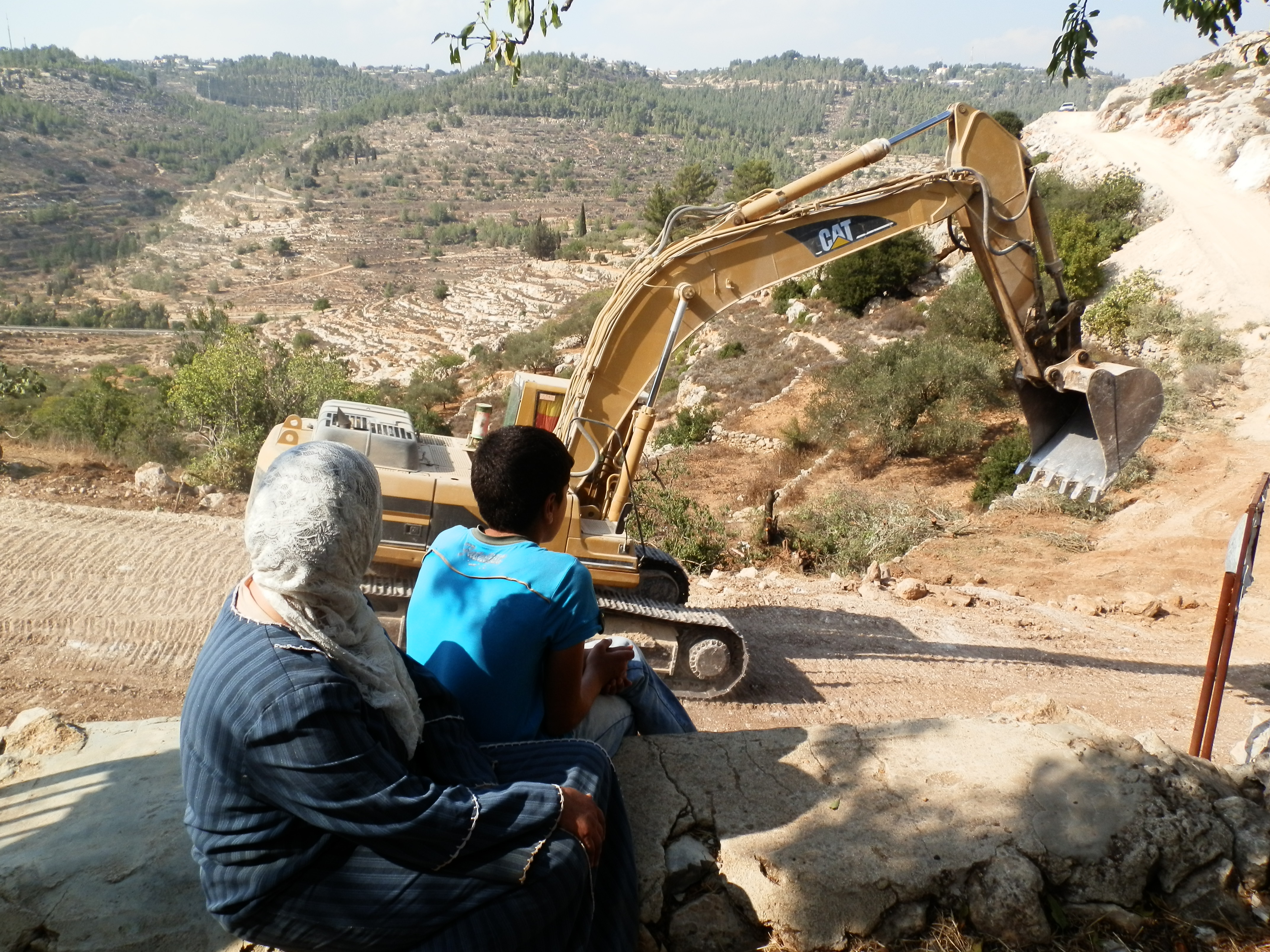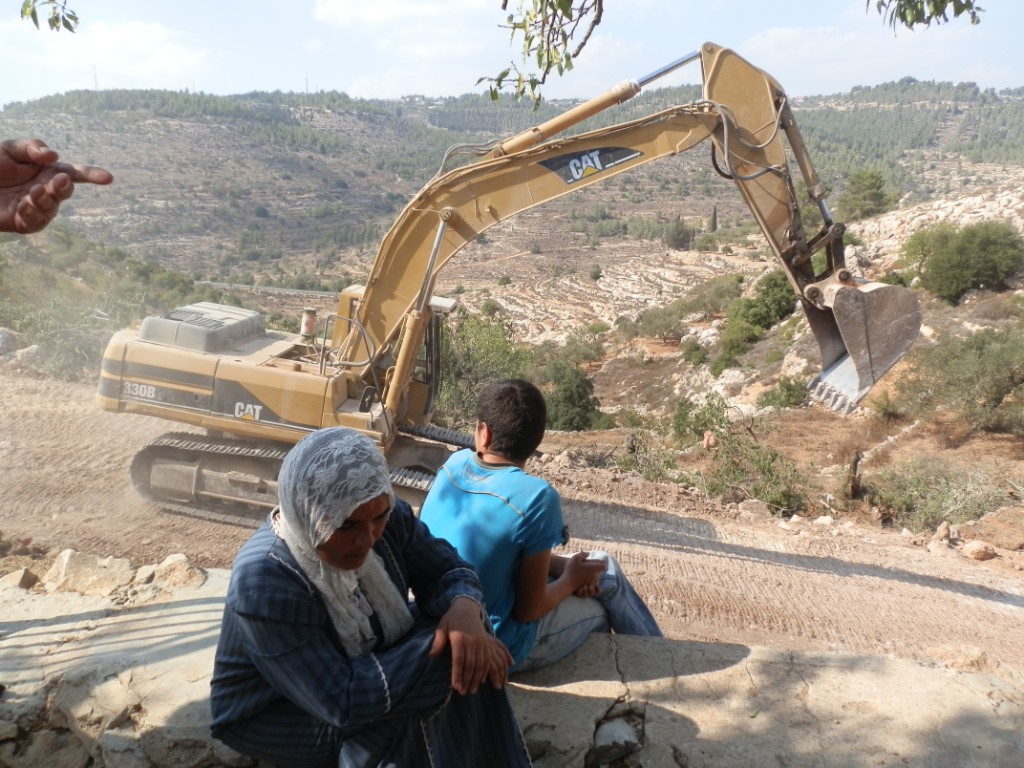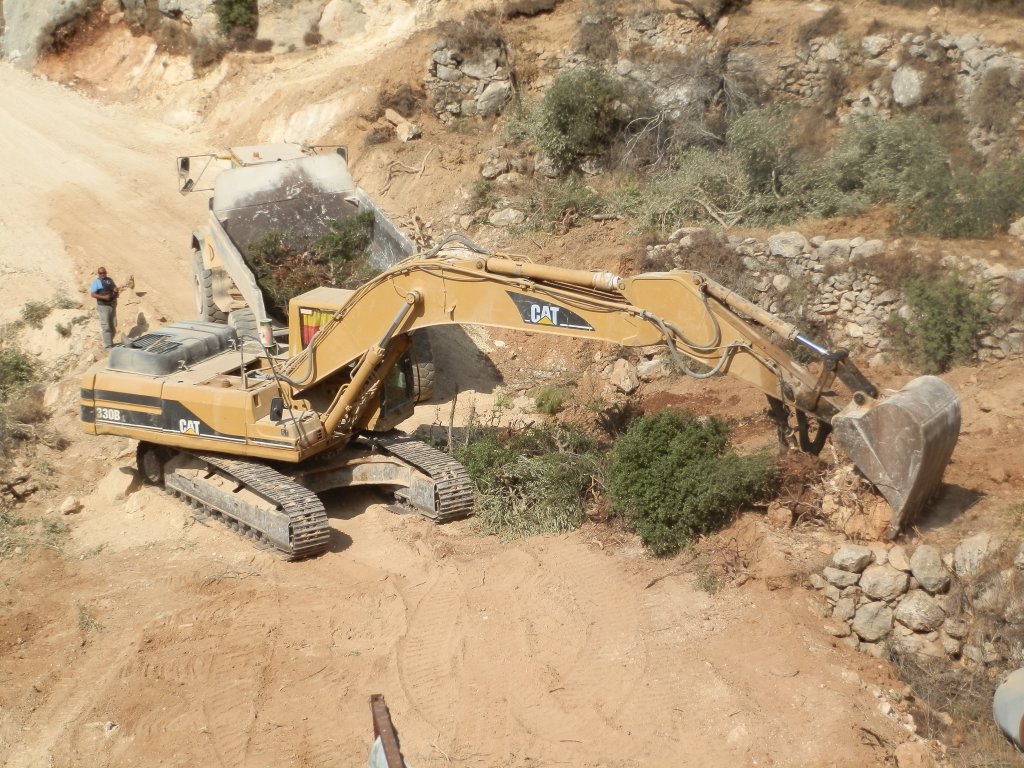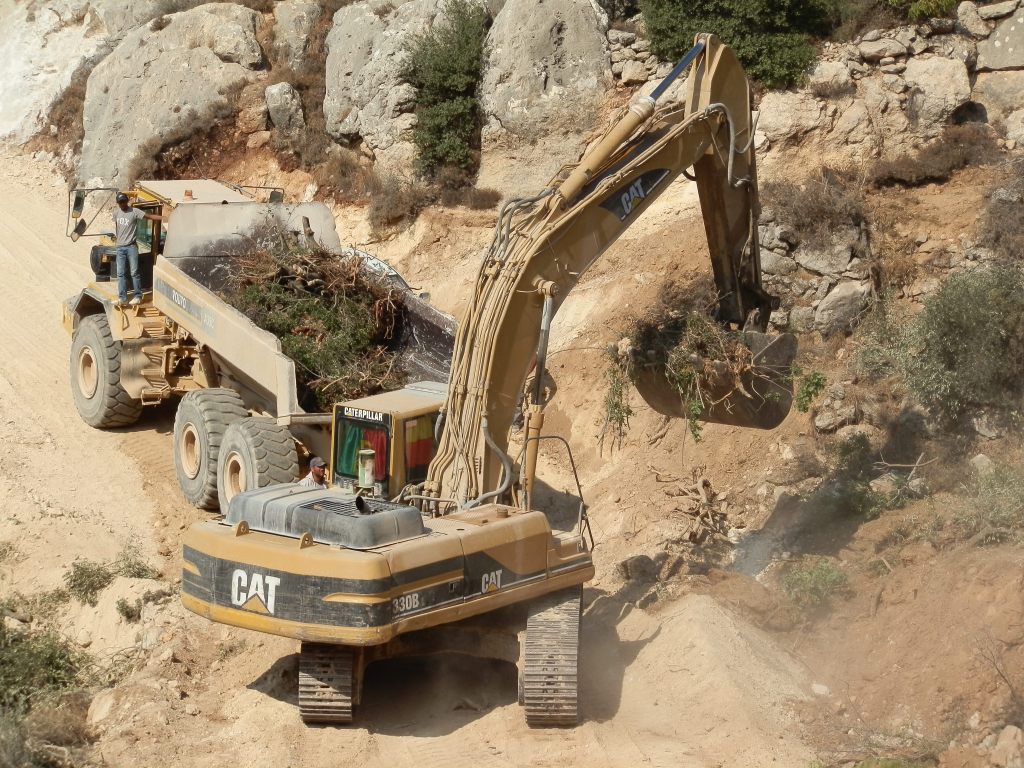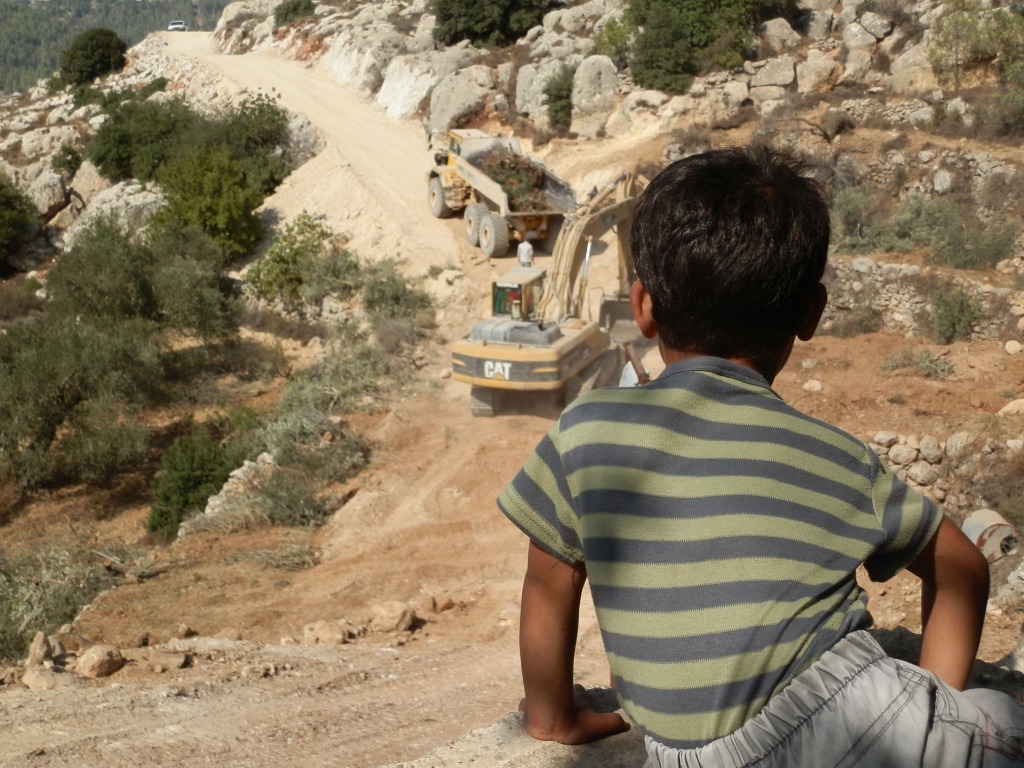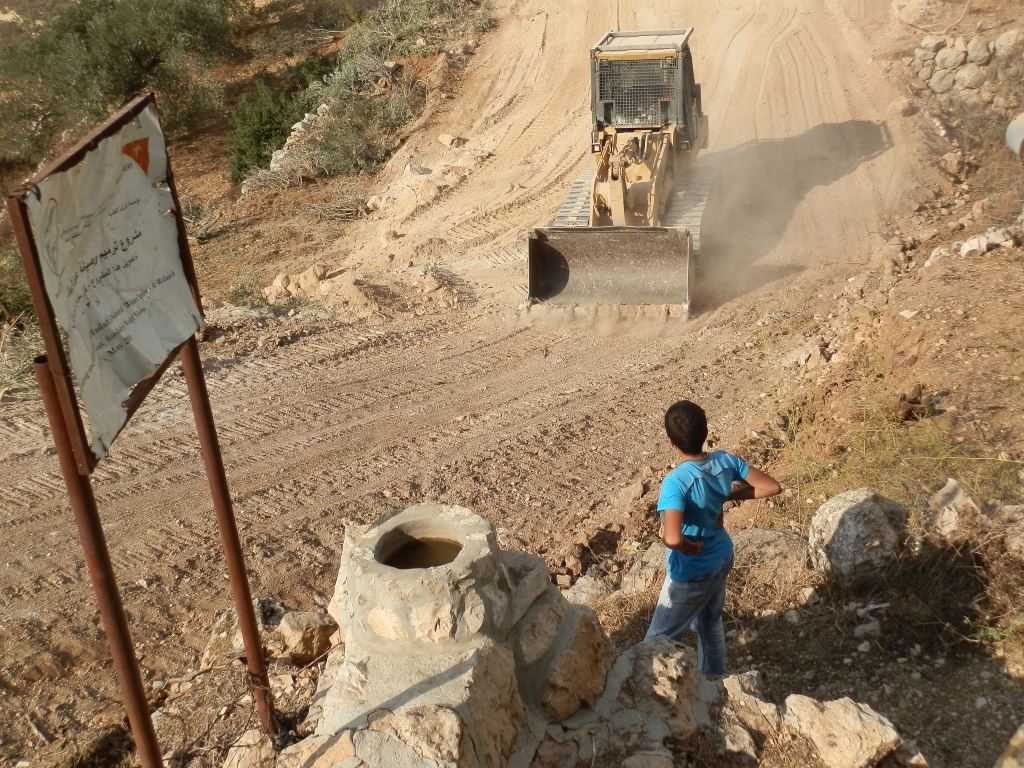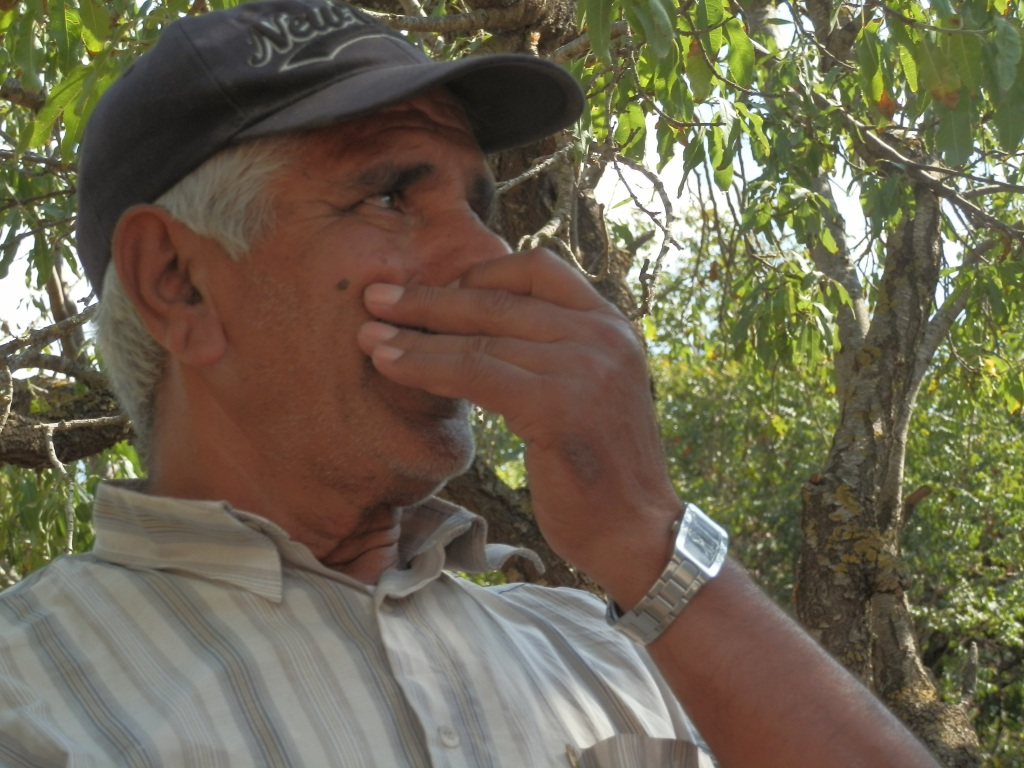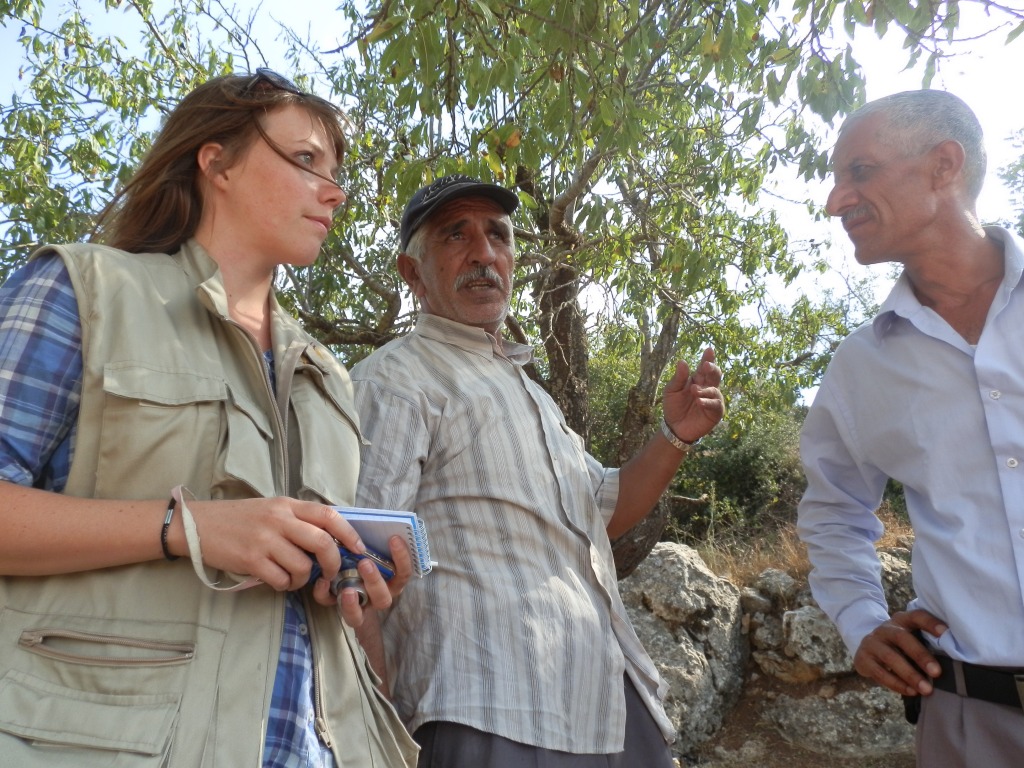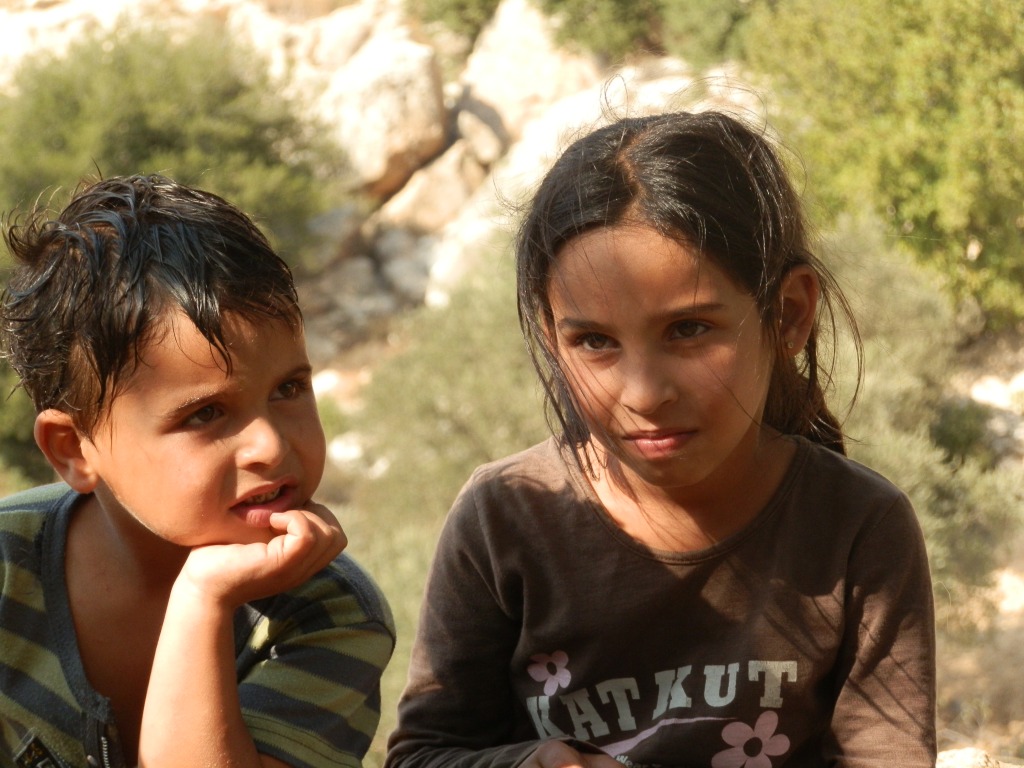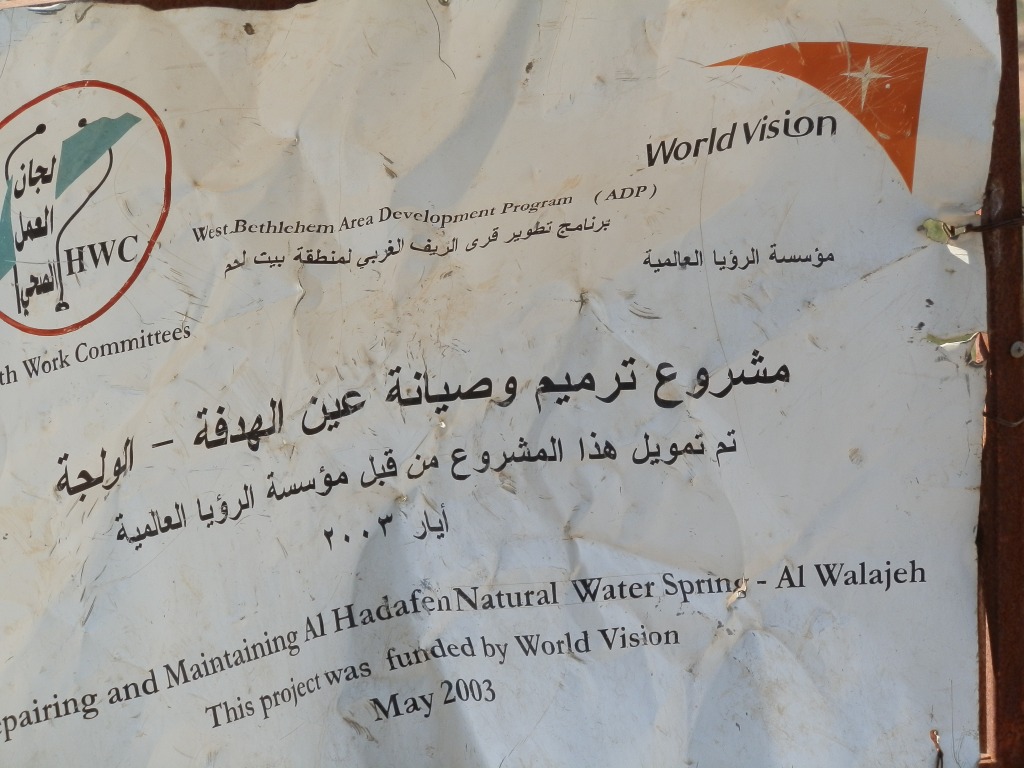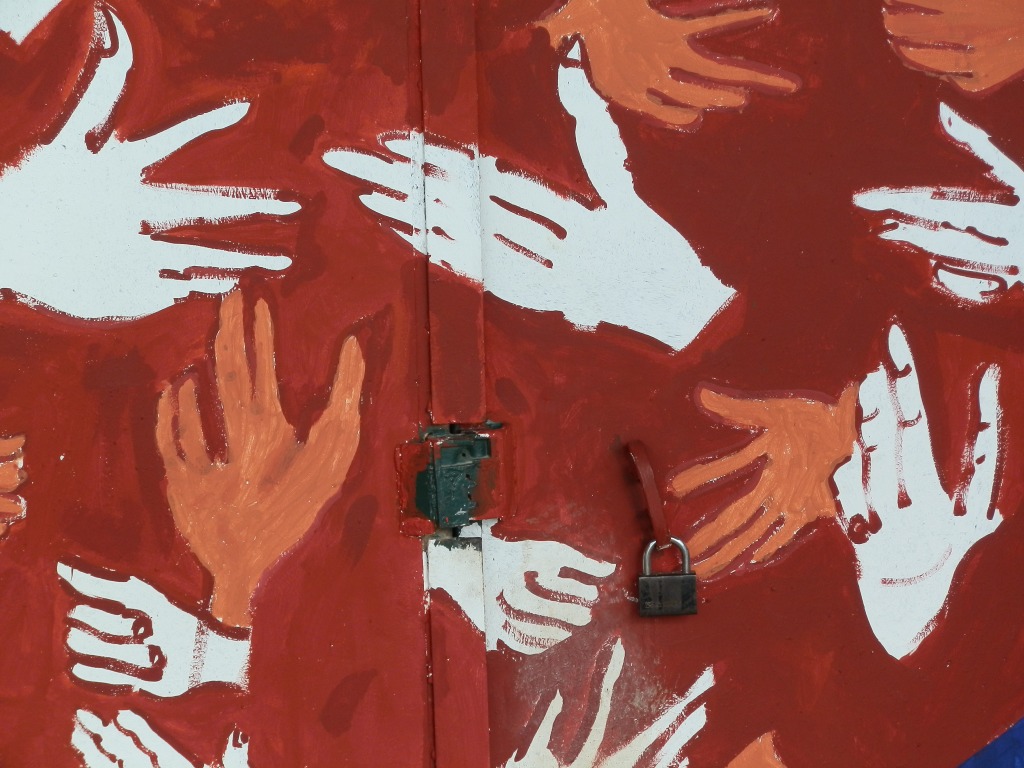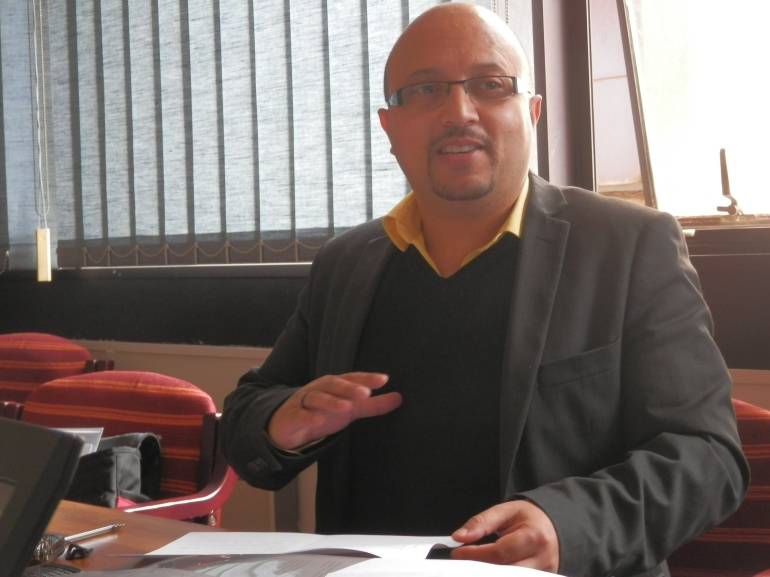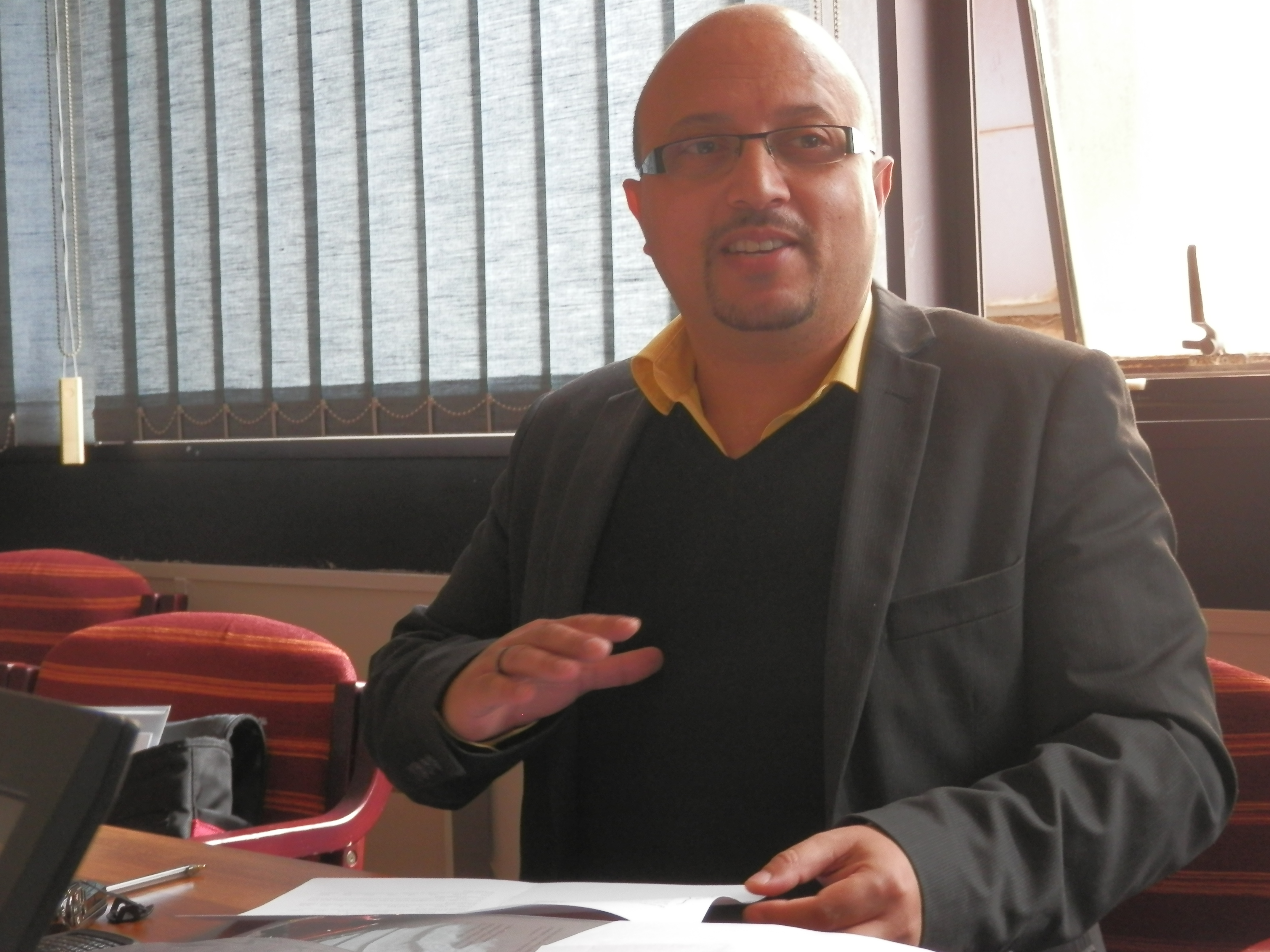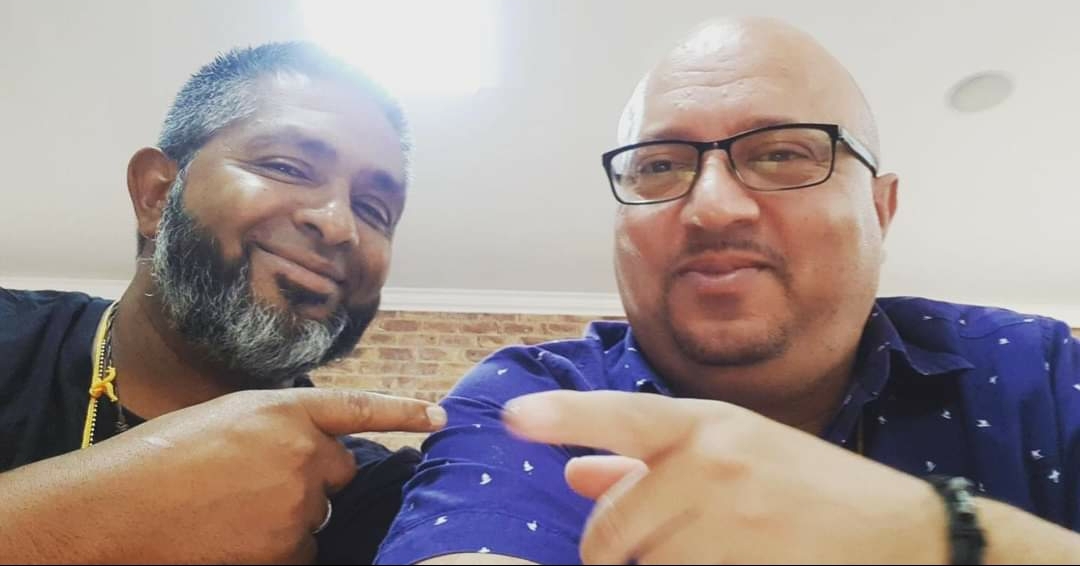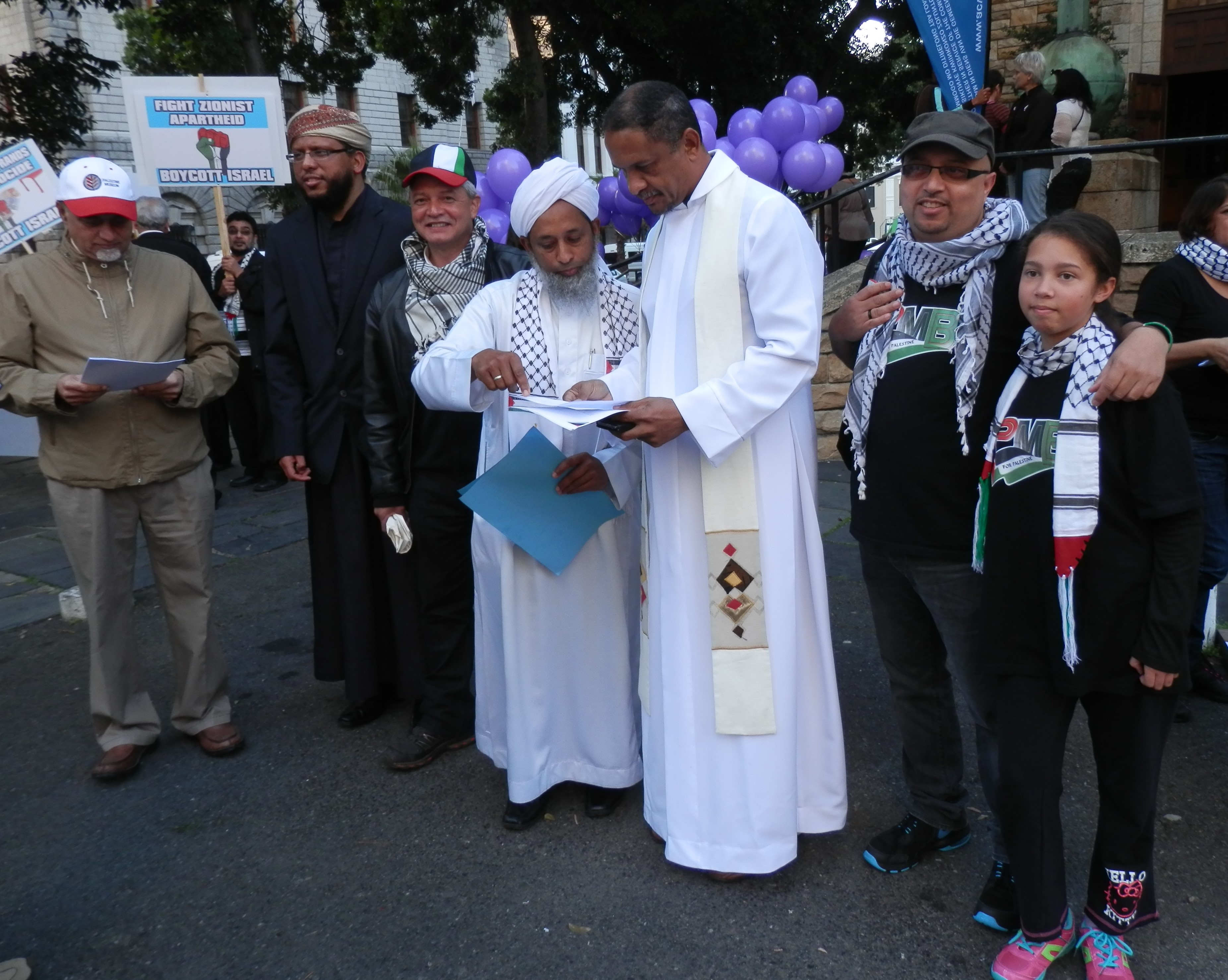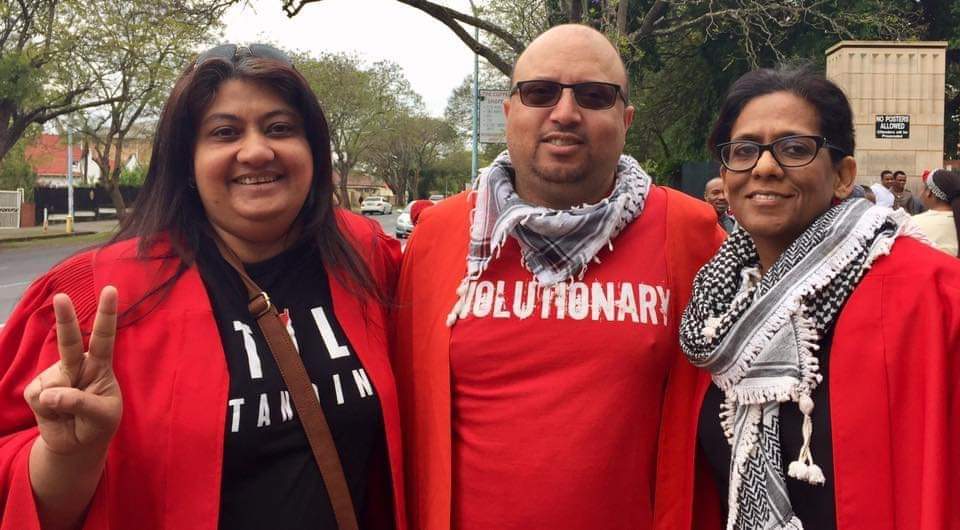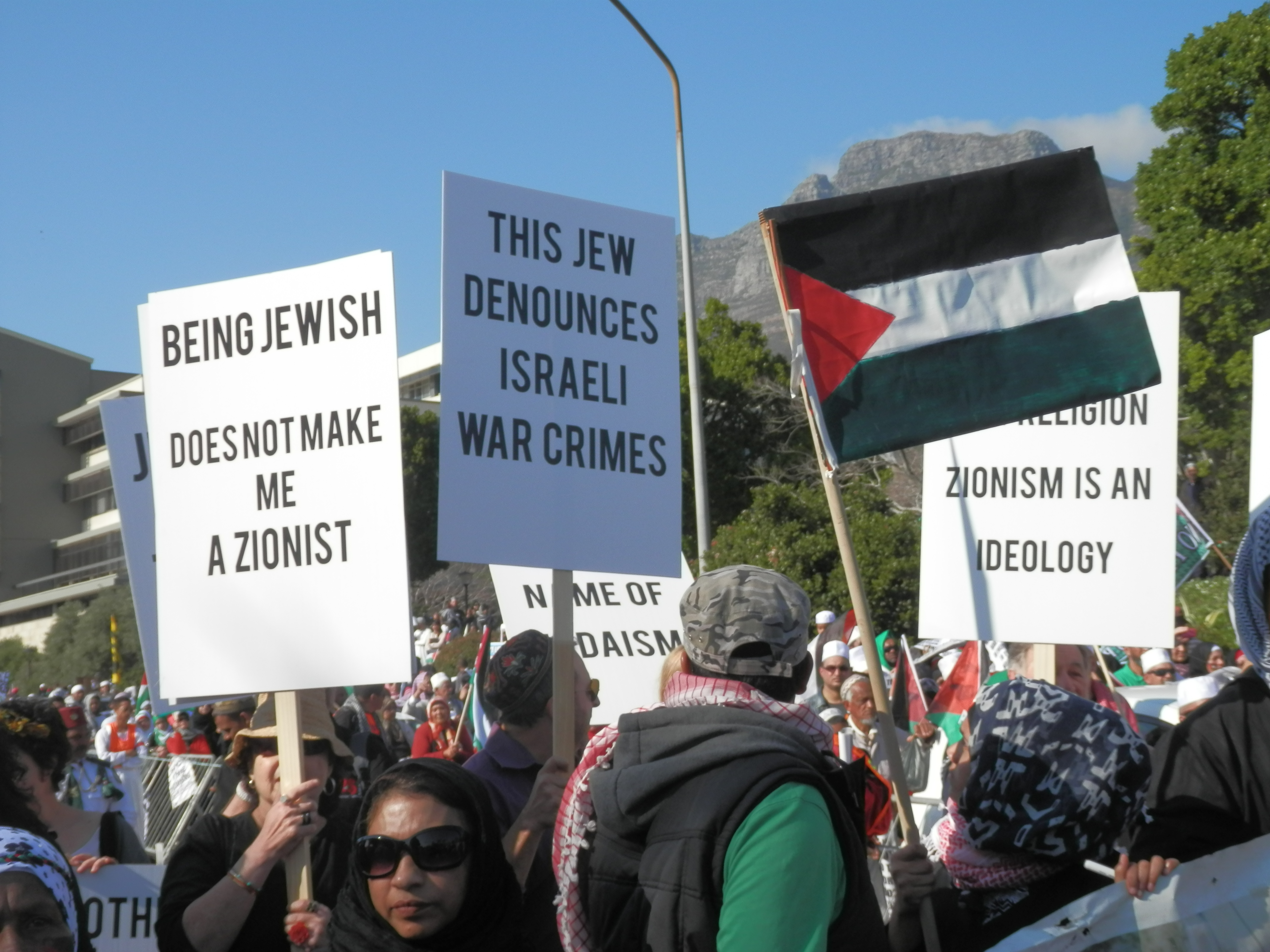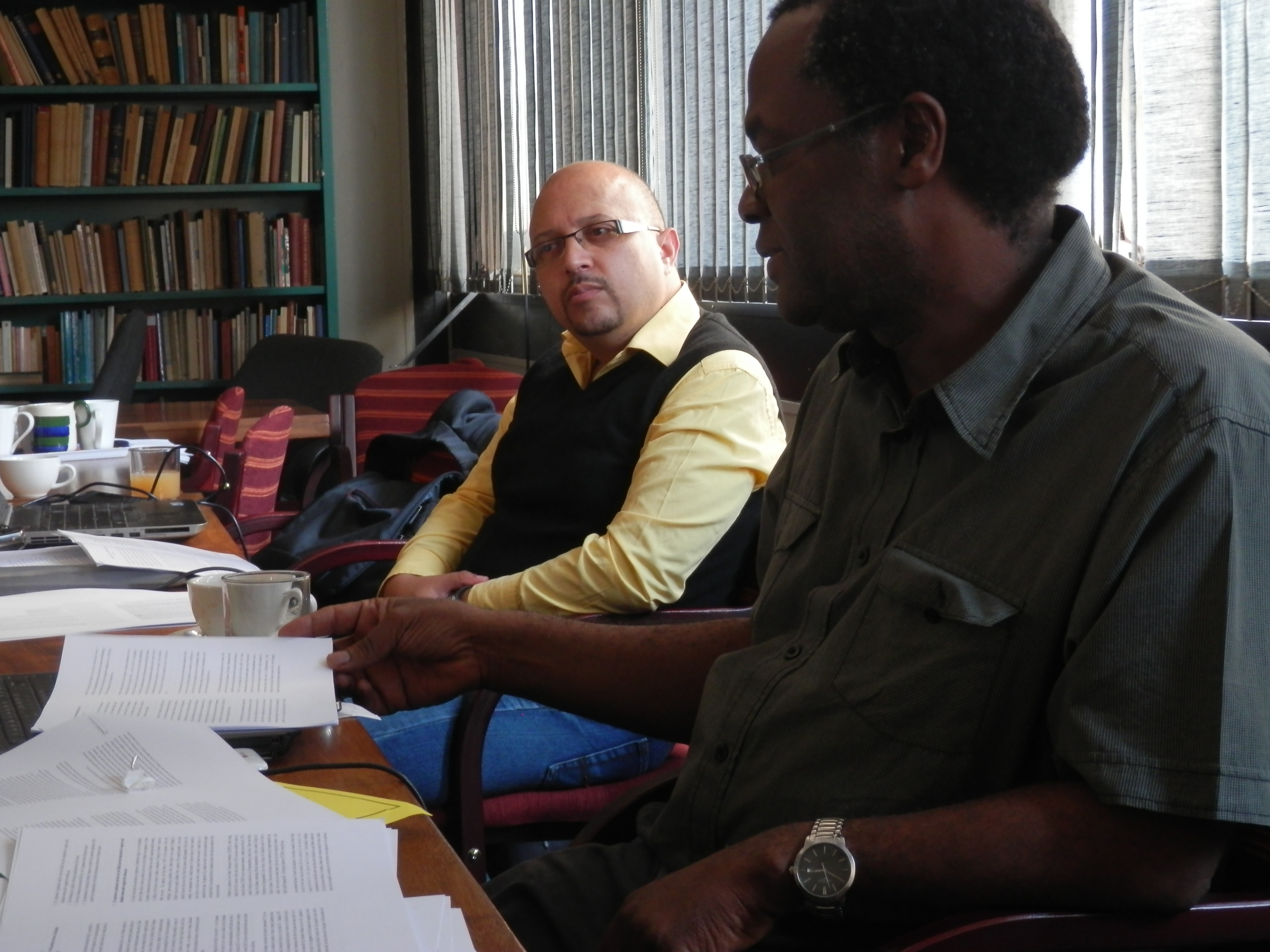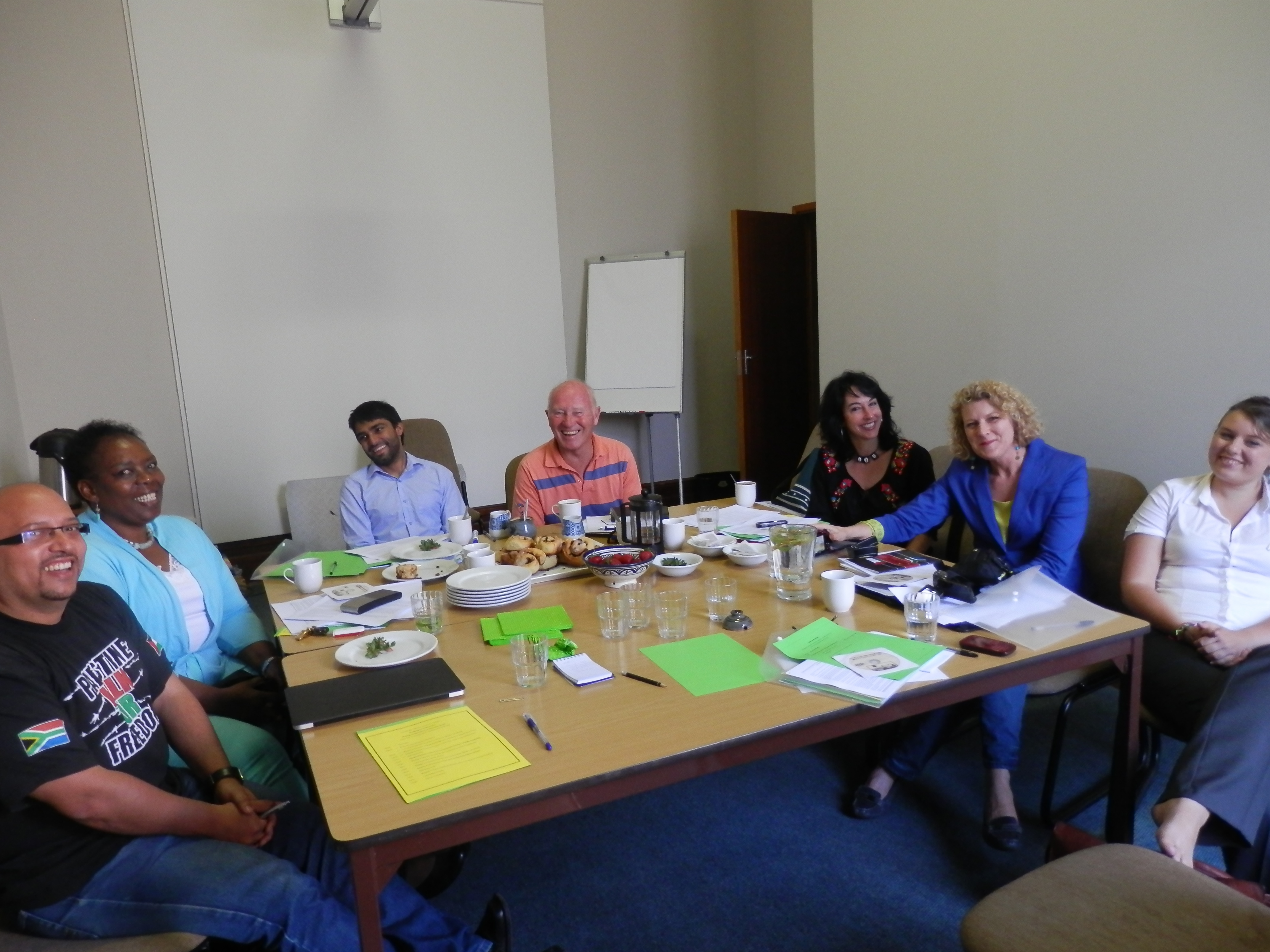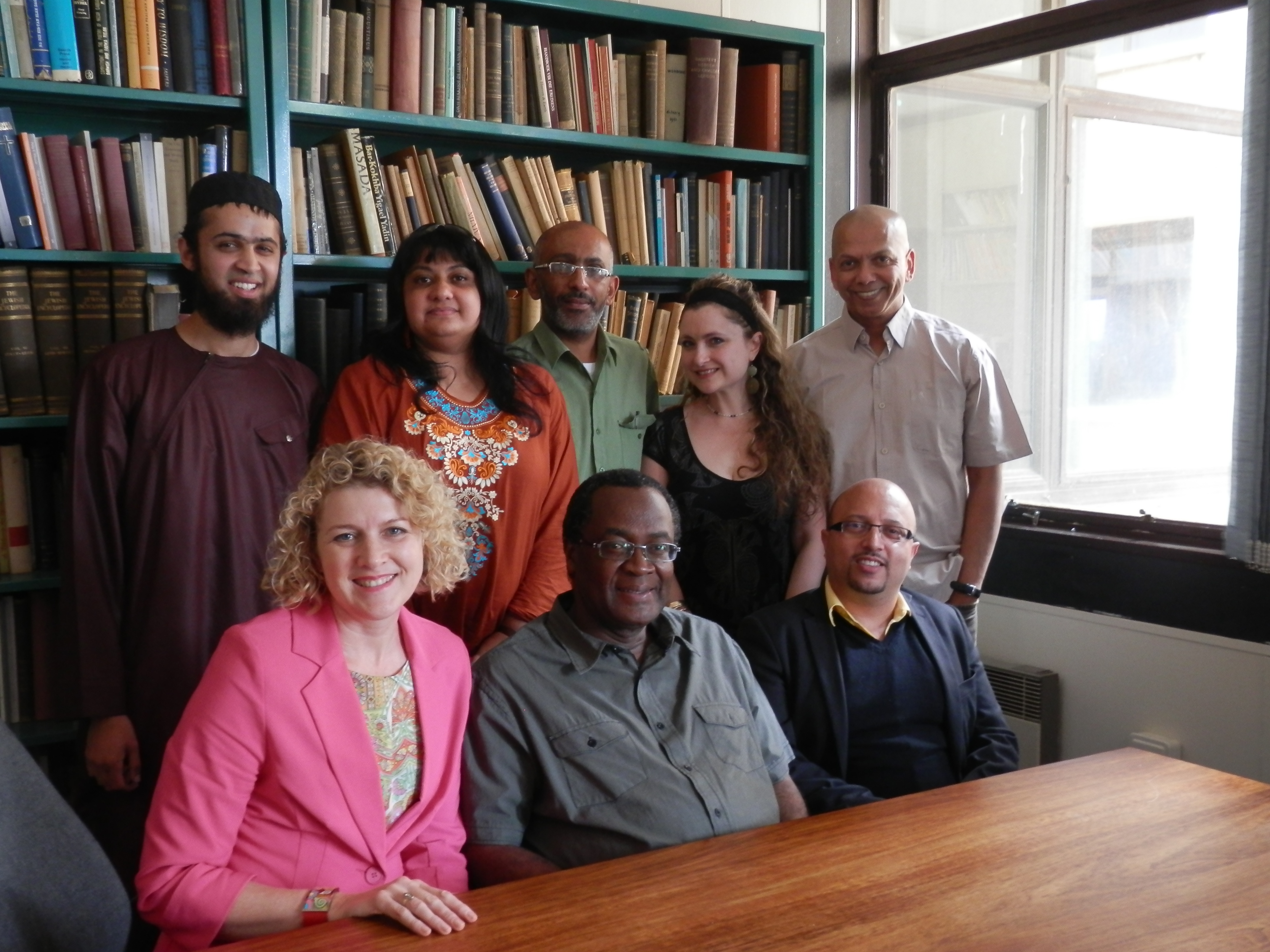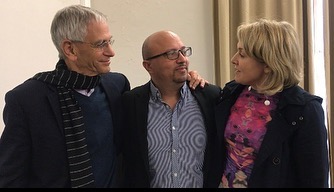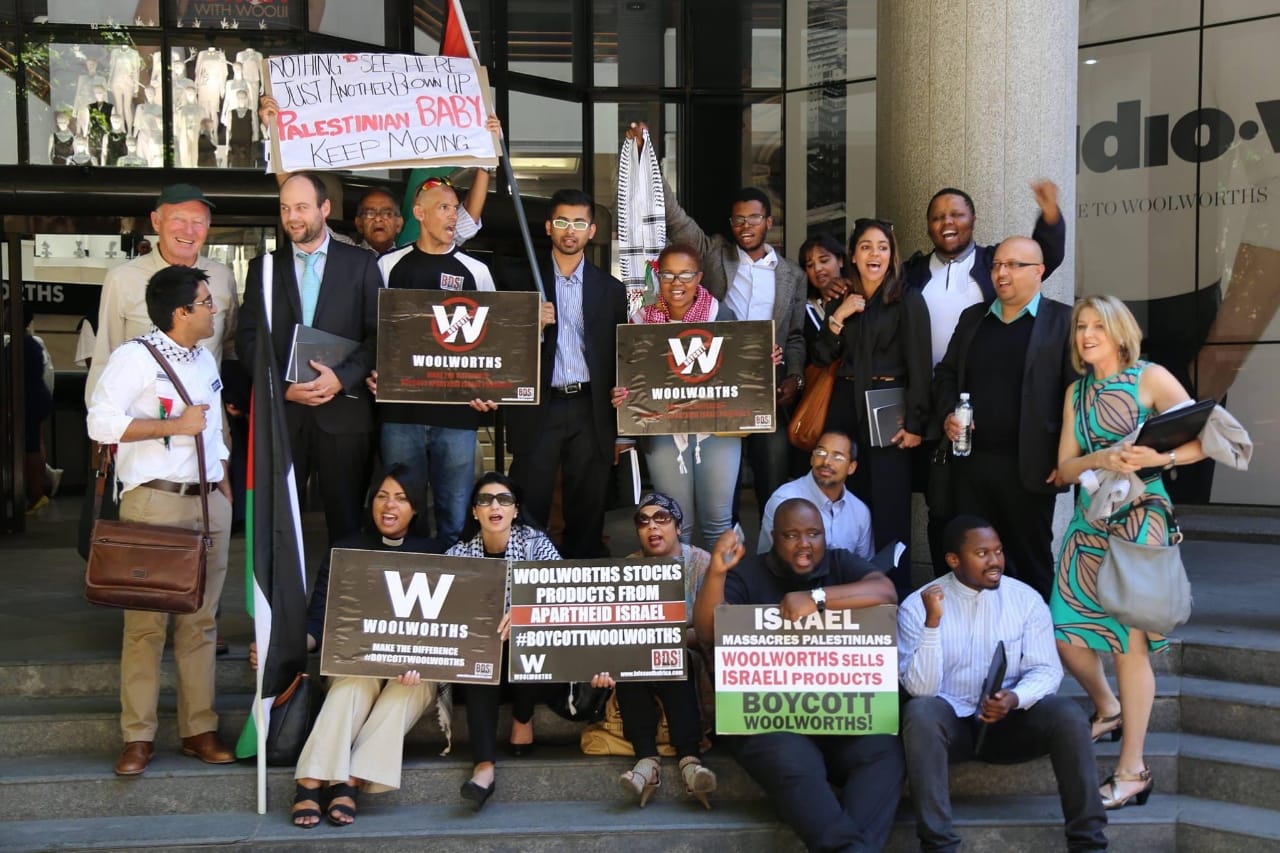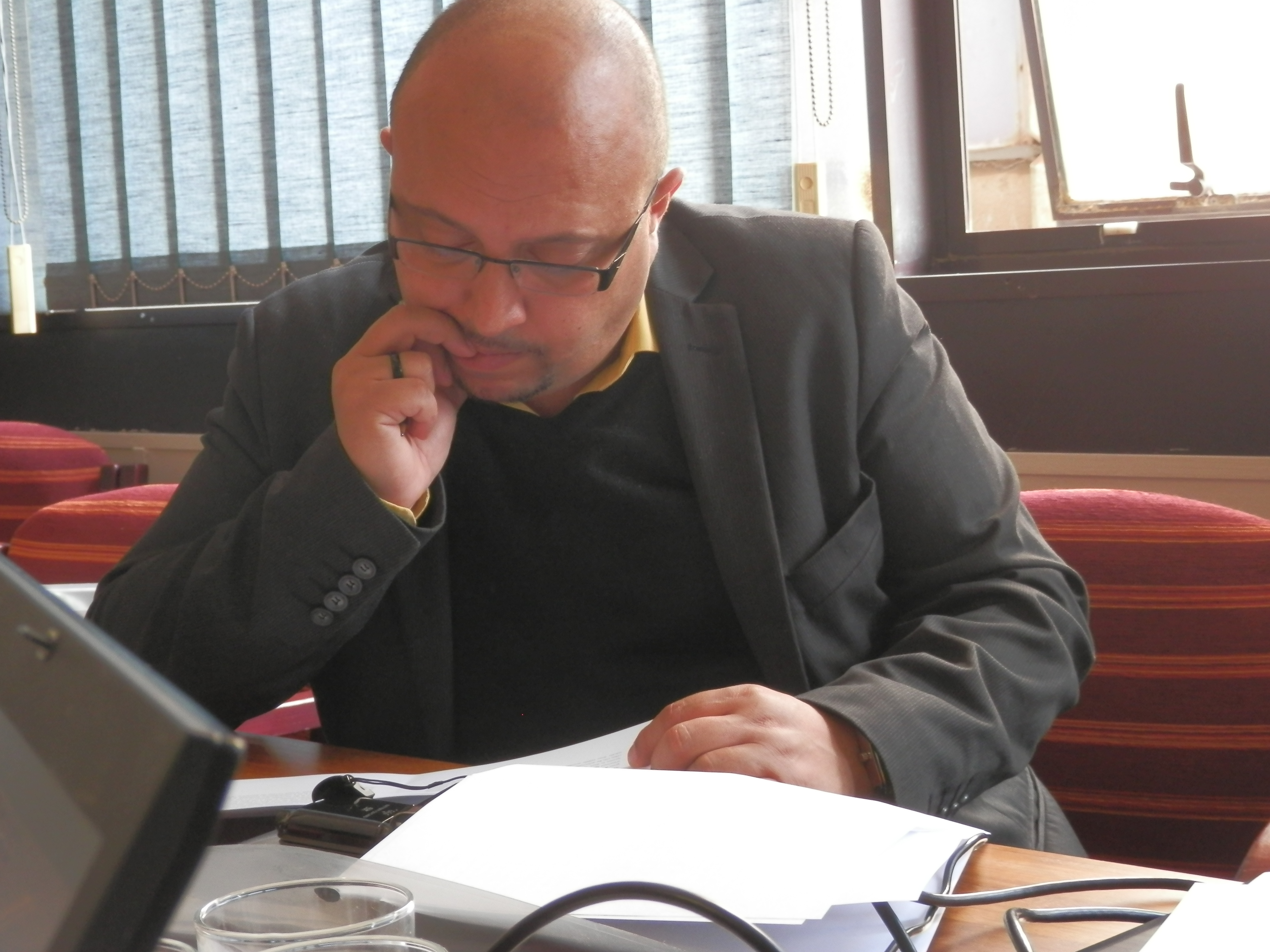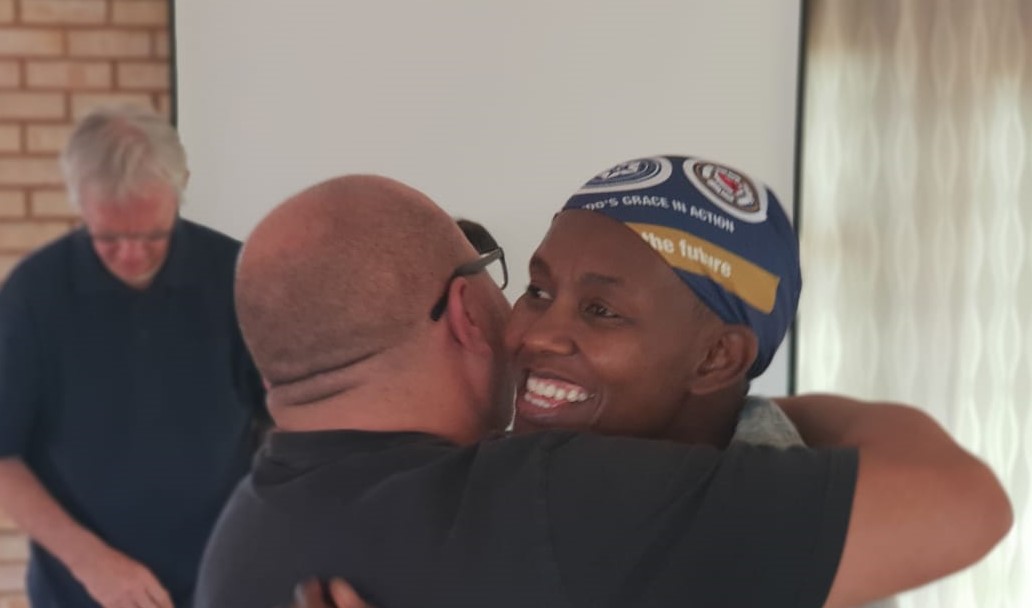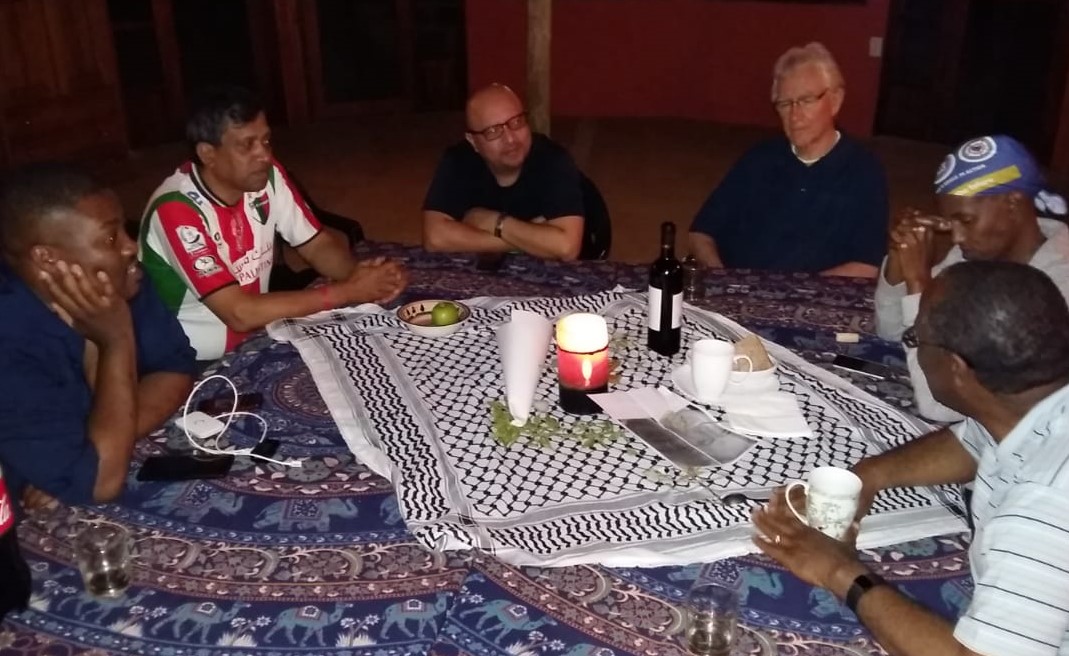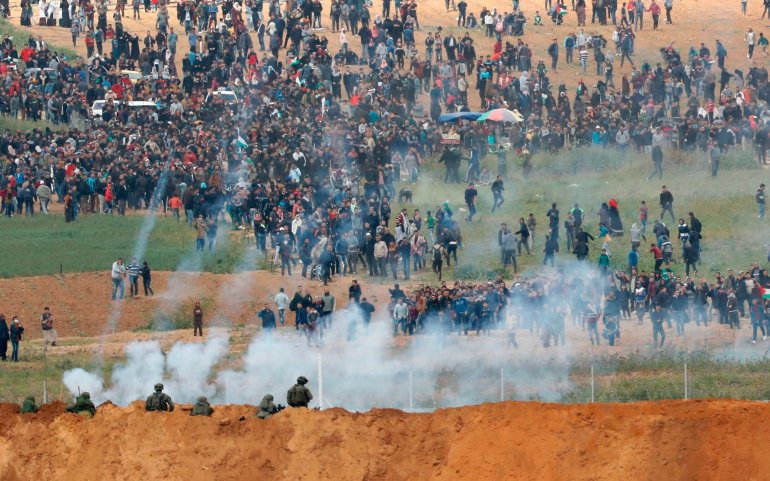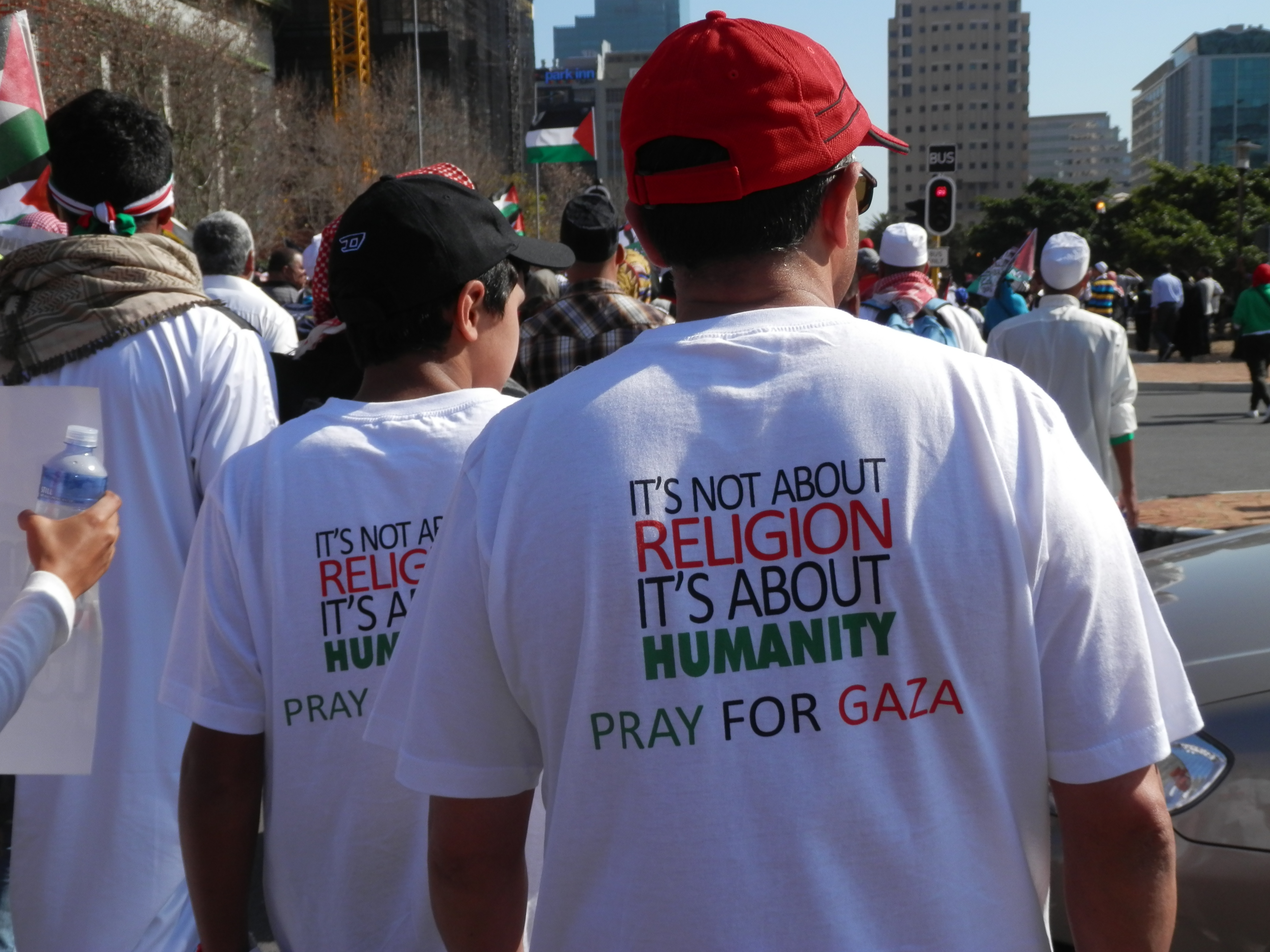Should we be loyal, above all else, to the State of Israel? This is the view of South Africa’s current Chief Justice Mogoeng Mogoeng. Yet Christian leaders from South Africa and virtually all continents made it clear that they “cannot serve God and the oppression of the Palestinians”
Which of these two options uphold Christian values: the views expressed by the Chief Justice in the live webinar with the Jerusalem Post on Tuesday 23 June, or the views in the global Christian call #Palestine_Cry4Hope issued on 1 July 2020?
There is hope: Palestine_Cry4Hope
Issued jointly by Kairos Palestine and Global Kairos for Justice the authors of #Palestine_Cry4Hope ask Christians for decisive action to work for the freedom and human rights of Palestinians.

They call upon fellow Christians to reflect critically on how the Bible is used from the pulpit, in Sunday school classes, in policies and in interfaith relations to deprive the humanity of Palestinians. The matter demands a concerted effort they argue:
The very being of the church, the integrity of the Christian faith, and the credibility of the Gospel is at stake. We declare that support for the oppression of the Palestinian people, whether passive or active, through silence, word or deed, is a sin. We assert that Christian support for Zionism as a theology and an ideology that legitimize the right of one people to deny the human rights of another is incompatible with the Christian faith and a grave misuse of the Bible.
Israel’s Zionist ideology uses political and military might, racist discrimination and sacred texts to dispossess, transfer, massacre and exploit Palestinians. Numerous resolutions by the United Nations and reports by the International Red Cross and Red Crescent, Human Rights Watch, Amnesty International and other reputable bodies condemn Israel’s unlawful conduct. Hundreds of religious leaders, civil society and advocacy organizations from all over the world have already endorsed #Palestine_Cry4Hope.
Glaring errors
Yet the current Chief Justice made glaring errors when he expressed his views in the webinar. According to Mogoeng, his Bible tells him to “pray for Jerusalem” and therefore he must “pray for Israel”. He added that those who “curse Israel” will themselves “be cursed”. These two points contain fundamental errors:
- His assumption that all of Jerusalem is part of the Israeli state revealed his inadequate knowledge of history, political science, geography and international borders.
- His assumption that the biblical Israel and the modern State of Israel are one and the same entity is one made by many Christians who conflate the two terms or read the Bible in a literal manner and not contextually. (For an excellent analysis of this matter, see Critical reflections on Israel’s claim to land in Palestine by Spangenberg and Van der Westhuizen).
- The Chief Justice’s uncritical loyalty to Israel together with his omission to mention Israel’s well documented systemic human rights violations imply a view that Israel is exempt from international laws on occupation, land theft, exploitation, ethnic cleansing and apartheid. He is right that we have to love Jews. But will he disagree that when a murderer is on trial we do not stop loving that person when we acknowledge the crime and serve justice?
- Mogoeng’s public opposition to his democratic government’s official position on Palestine and Israel on an international platform is shocking.
- His apparent ignorance of the existence of Palestinian Christians, their suffering under the Israeli regime and their call for help, underscores his fallacious and misguided position.
- The Chief Justice said that he spoke as a Christian and that he will never take back his words. This logic implies that people who embrace values of equality, justice and compassion in respect of all people and therefore support the Palestinian struggle will be cursed by God. It is a logic that crucifies Christ’s message of inclusive compassion and human dignity. God does not side with a country. God can be found in the midst of the oppressed.
In March 2021 South Africa’s Judicial Conduct Committee asked Mogoeng Mogoeng to apologise unconditionally for the political controversy he caused through his statements in the webinar with The Jerusalem Post in June 2020, but the Chief Justice chose to appeal against the court ruling. Moreover, he declined offers from South African Christian leaders to learn more about the situation in Palestine and how the Bible is abused to mask Israel’s crimes. Why does he refuse to meet Palestinian and fellow South African Christians? To me the answer is that he chooses to side with a country and not with God’s inclusive compassion and justice. The longer people support the Israeli state uncritically, the longer the suffering of the Palestinians.
Does Mogoeng Mogoeng’s conduct puts him in the company of people who do not care about all human lives, international law, the contributions of science, the importance of honesty and the rejection of racism and all forms of discrimination? The devastating impact of narcissistic, power-hungry, uninformed leadership has become all the more clear since 2020.
Southern African Church leaders
When Bishop Purity Malinga, the Presiding Bishop of the Methodist Church of Southern Africa (the church of the late President Mandela) endorsed #Palestine_Cry4Hope, she connected the matter both with the Trump administration and with the heart of the Christian faith. She wrote as follows:
In the situation of the oppression of Palestinians by the Israeli Government which is intensifying every day due to the support from the United States Government, Christians’ silence and inaction give support to injustice and contribute to the dehumanization and death of the Palestinians. It is for freedom and full life of all – including the Palestinians – that Jesus came to the world, died and resurrected! Faith in Christ therefore demands that Christians everywhere preach, work and demand full and free life for all. I cannot then be a follower of Christ and support the oppression of Palestinians or of any other people. All human beings are created in God’s image and deserve to be treated with dignity. It is for that reason that I endorse the call to decisive action![i]
Unlike Mogoeng Mogoeng, the authors and the endorsers of #Palestine_Cry4Hope do not ignore documented facts, democratic values, international law, common decency and the universal value of compassion. In noting the intersectional nature of the matter, Bishop Luke Pato, the Anglican Bishop of Namibia, on behalf of the Anglican Church of Southern Africa (ACSA), calls forth the disturbing image of the #BlackLivesMatter campaign:
Palestinians have been held neckdown for decades. We cannot allow them to suffocate any further. Silence is complicit with suffocation.
Bishop Thami Ngcana from the Council of African Independent Churches (CAIC), in turn, makes the connection with international law and the definition of apartheid in the Rome Statute. His statement reaffirm that it is time for the international community to recognize Israel as an apartheid state in terms of international law,
… to honour and defend the rights of the Palestinian people to dignity, self-determination, and the fundamental human rights guaranteed under international law, including the right of return for Palestinian refugees.
If the words of these Christian leaders and the hundreds of other endorsers do not stir the conscience of the Chief Justice, I ask myself how he will respond to the words of the South African Jews for a Free Palestine:
We endorse this call because in the same way that we, as Jewish South Africans committed to universal ethical values, condemn Hitler’s Germany for having implemented the segregation of Jews and Gypsies via racist laws and the implementation of similar racist and murderous codes and structures by Apartheid South Africa vis-à-vis Black people, we condemn the racism and segregation applied by Jewish Israelis with respect to Palestinian Arabs. We need to condemn what happened to the Palestinian people during 1948 when they were threatened, killed and thrown out of their homes. We need to condemn what happens to them on a daily basis under military rule and in the ‘open air’ prisons that are the West Bank and Gaza. We need to condemn the ongoing theft of land and the administrative detention of Palestinian activists as well as the arrest and incarceration of children. We need to condemn human atrocities, and any justification for atrocities of one person or one nation of another, wherever and whenever they occur.
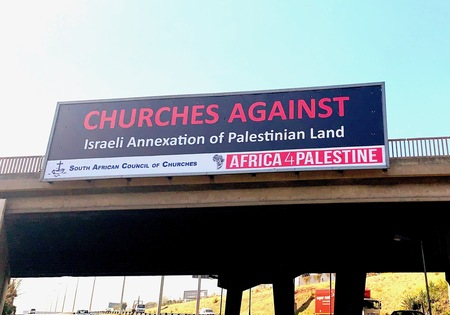
On 25 June 2020 the office of the South African Council of Churches’ General Secretary, Bishop Malusi Mpumlwana called “on the international community to consider comprehensive sanctions against Israel should they continue with the illegal annexation of Palestinian land.” The SACC statement objects in the strongest terms to Israel’s intended breach of international law and the way Israel considers itself
…as an exception in terms of international law. The international community must be required to treat Israel like all other members of the international community and compel it to respect international law and the rights of all of humanity. A Christian leader in Ramallah has cried out: “Now everyone is bleeding; we Palestinians are bleeding physically. Israel is bleeding morally.” A careful reading of Jesus as Lord of history leaves no doubt that He would be the first to say an emphatic NO to the atrocities of the State of Israel.
The issue of the Palestinians and Israel deserves the attention of every person on this planet. Our choice is not one between Jews and Arabs or between Israel and Palestine. The choice we have is between justice and injustice, between equality or inequality, between the spread of false information or integrity, and between the use or abuse of sacred texts. Whether the discrimination takes the shape of antisemitism or apartheid they use a “theology of Empire” “manifesting in racial, economic, cultural, and ecological oppression that threatens humanity and all of creation”. From this intersectional perspective #Palestine_Cry4Hope is concerned with the future of both Jews and Palestinians,
…rooted in the logic of love that seeks to liberate both the oppressor and oppressed in order to create a new society for all the people of the land. We continue to hold firm to the hope articulated in the Kairos document that Palestinians and Israelis have a common future — that “we can organize our political life, with all its complexity, according to the logic of love and its power, after ending the occupation and establishing justice.” As followers of Jesus, our response to ideologies of exclusivity and apartheid is to uphold a vision of inclusivity and equality for all peoples of the land and to persistently struggle to bring this about.
To read and sign the call, click on #Palestine_Cry4Hope. It lists seven actions, including theological discernment and pressure on governments and world bodies employ political, diplomatic and economic means to stop Israel’s violations of human rights and international law.
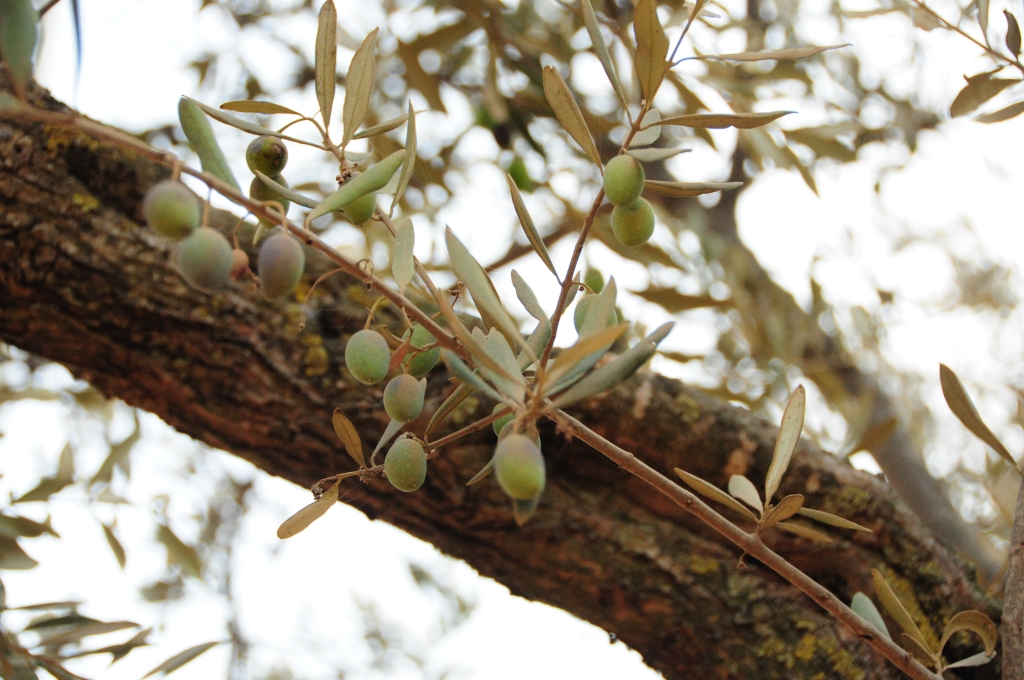
[i] Other South African clergy who endorsed the call include Allan Boesak (Professor of Black Liberation Theology and Ethics, University of Pretoria); Frank Chikane (Moderator of the World Council of Churches’ Commission of the Churches on International Affairs), John de Gruchy (Emeritus Professor of Christian Studies, University of Cape Town and Extraordinary Professor of Theology, Stellenbosch University); Thulani Ndlazi (South African Synod Secretary of the United Congregational Church of Southern Africa); Moss Nthla (General Secretary of The Evangelical Alliance of South Africa, TEASA); Mautji Pataki (Chairman of the Ethical Foundation for Leadership Excellence and Former Secretary General of the South African Council of Churches); Edwin Arrison (General Secretary of Kairos South Africa) and Farid Esack (Professor of Religion Studies, University of Johannesburg and a Muslim liberation theologian). The full list with hundreds of endorsers is available on #Palestine_Cry4Hope.
